All Global Research articles can be read in 51 languages by activating the Translate Website button below the author’s name (only available in desktop version).
To receive Global Research’s Daily Newsletter (selected articles), click here.
Click the share button above to email/forward this article to your friends and colleagues. Follow us on Instagram and Twitter and subscribe to our Telegram Channel. Feel free to repost and share widely Global Research articles.
New Year Donation Drive: Global Research Is Committed to the “Unspoken Truth”
***
Introduction
This essay will explore the arbitrary merger of state and corporate power that has been brought about by the World Economic Forum (WEF).
We will first briefly examine the history of the WEF and its original emphasis on stakeholder capitalism.
We will then look briefly at its founder, composition, funding, legal status, mission statement, and original code of ethics.
Then, by viewing selected content from its May, 2022 annual meeting, we will expose the WEF’s gradual appropriation of the treaty-based roles[1] of intergovernmental agencies such as the United Nations and the World Health Organization.
Of particular concern are the geo-political topics of war, future pandemics, and climate change.
The WEF acts on the belief that whereas these global issues require global solutions, only a centralized private-public entity[2] with “corporate agility” is capable of responding in effective and timely ways.
From this belief, it tackles global problems through the aggressive, ongoing Young Global Leaders program attended by many sovereign heads of state.
Highly concerning is a published list of 1400 all-country graduates of the WEF young global leaders’ program from 1993-2022.[3]
In thus influencing the decisions of elected leaders, the WEF interferes with the democratic processes within nation-states.
Correspondingly, it interferes with the historic relationships between nations and their treaty-founded intergovernmental agencies.
The World Economic Forum also shapes economic policies over such rapidly emerging issues as central bank digital currencies (CBDC’s), which are briefly examined in light of their inherent danger to the independence of nation-states.
1971: The WEF Origins in “Stakeholder Capitalism”
The term “stakeholder capitalism” was coined by WEF founder Klaus Schwab in 1971 and was originally the primary raison d’être of the World Economic Forum.

To quote Prof. Schwab,
“stakeholder capitalism is a form of capitalism in which companies seek long-term value creation by taking into account the needs of all their stakeholders, and society at large.”[4]
What is a stakeholder?
“A stakeholder is a party that has an interest in a company and can either affect or be affected by the business. The primary stakeholders in a typical corporation are its investors, employees, customers, and suppliers.
However, with the increasing attention on corporate social responsibility, the concept has been extended to include communities, governments, and trade associations.
A common problem that arises for companies with numerous stakeholders is that the various stakeholder interests may not align… The most efficient companies successfully manage the interests and expectations of all their stakeholders.”[5]
Unfortunately, the World Economic Forum did not stop there.
Founder, Composition, Funding, and Legal Status of the WEF
1. Who is Klaus Schwab? In 1971, German engineer and economist Klaus Schwab founded the World Economic Forum, a non-profit Swiss-based NGO. Schwab draws an annual salary of about one million Swiss francs from the WEF, which does not pay taxes.[6]
Before starting the WEF, Schwab was on the managing board of engineering monolith, Sulzer Escher Wyss AG, Zurich, from 1967-1970.[7]
The World Economic Forum was not simply Schwab’s brainchild, but was actually born out of a CIA-funded Harvard program headed by Henry Kissinger and pushed to fruition by John Kenneth Galbraith and Herman Kahn, who together recruited the young Schwab.
In one document[8], Schwab mentor and nuclear warrior Herman Kahn “suggests subverting democracy by training only a certain group in society as potential leaders, with those pre-selected few who are groomed for power being able to define what our shared values as a society should be. Maybe Herman Kahn would agree with the World Economic Forum’s Young Global Leader scheme, which is the exact manifestation of his original suggestion.”[9]
From new research published in February, 2021:
When Klaus Schwab joined Sulzer Escher-Wyss in 1967 and started the reorganisation of the company to be a technology corporation, the involvement of Sulzer Escher-Wyss in the darker aspects of the global nuclear arms race became immediately more pronounced…With the arrival of the eager Mr. Schwab also came the company’s participation in the illegal proliferation of nuclear weapons technology…
It was eventually revealed, thanks to a review and report carried out by the Swiss authorities and a man named Peter Hug, that Sulzer Escher-Wyss began secretly procuring and building key parts for nuclear weapons during the 1960s. The company, while Schwab was on the board, also began playing a critical key role in the development of South Africa’s illegal nuclear weapons programme during the darkest years of the apartheid regime. Klaus Schwab was a leading figure in the founding of a company culture which helped Pretoria build six nuclear weapons and partially assemble a seventh.[10]
2. Composition: WEF meetings are attended by invitation only, most notably by 100 corporate “Strategic Partners”, which include massive oil, automotive, pharmaceutical, media, big tech and aerospace companies, and banks.[11] Also invited are government leaders (who do not pay to attend), civic society leaders, and mass media.
3. Funding: Although the WEF does not disclose its individual funding sources, its 2021-2022 Annual Report reveals that 2.6% comes from memberships, 7.5% from “participation”, 14.8% from “other”, 12.1% from direct funding (public institutions and foundations), and 62.7% from its corporate partnerships (which include the Pfizer and Moderna pharmaceutical companies).[12]
4. Legal Status: “From the point of view of international law, international NGOs have no existence as such.”[13]
However, this does not preclude the WEF from consolidating power by indoctrinating politicians worldwide.
The Mission Statement of the WEF
The WEF lists no specific goals on its website, but under Our Mission is the rhetoric of a grandiose ideology:

Screenshot from WEF
The World Economic Forum is the International Organization for Public-Private Cooperation.
The Forum engages the foremost political, business, cultural and other leaders of society to shape global, regional and industry agendas.
It is independent, impartial and not tied to any special interests. The Forum strives in all its efforts to demonstrate entrepreneurship in the global public interest while upholding the highest standards of governance. Moral and intellectual integrity is at the heart of everything it does.
Our activities are shaped by a unique institutional culture founded on the stakeholder theory, which asserts that an organization is accountable to all parts of society. The institution carefully blends and balances the best of many kinds of organizations, from both the public and private sectors, international organizations and academic institutions.
We believe that progress happens by bringing together people from all walks of life who have the drive and the influence to make positive change.[14]
Under its letterhead appear the words, “Committed to Improving the State of the World.”
The WEF Code of Ethics, 1973-2020
The original 1973 WEF code of ethics defined corporate stakeholder responsibilities, which included the statement, “The management has to serve society. It must assume the role of a trustee of the material universe for future generations.”[15]
In 2006, the United Nations produced “Principles for Responsible Investment,” a report to prioritize environmental stewardship.[16] In this report, the ESG (Environmental, Social, and Governance) concept of non-financial corporate management standards first appeared.
ESG standards were embraced by the WEF, which in 2019 published The Davos Manifesto 2020, highlighting core sustainable reporting ESG metrics “structured to align with the UN’s 2030 Agenda for sustainable development.”[17]
So far, so good. But much more was in the works.
WEF Mission Creep
In 2022, the WEF prioritized four geo-political areas to reorder the planet: Climate Change, War and Peace, Pandemic Preparedness, and Digital Agency.
The scope of these four areas was revealed through the agenda titles for the World Economic Forum annual meeting in Davos, May 23-26, 2022.[18]
Three of the priority topics that were heavily weighted with corporate input – Climate, War, and Pandemics – were competing on a parallel track with intergovernmental agencies that have treaty responsibility for them.
Who within WEF planned this?
It is not clear who creates the annual agendas for the approximate 2500 delegates – whether Klaus Schwab himself, the WEF board of trustees, the managing board, or the executive committee.[19]
Whatever the case, the May 23-26, 2022 session titles below wrapped the WEF discussions in rhetoric that did little to advance truly effective action.
Regarding corporate action, the WEF-adopted ESG principles, while high-sounding, have not constrained Big Oil’s CO2 emissions that the world must stop producing. Nor have they constrained the vast, emissions-heavy production of armaments that feed the permanent war economy.
Neither have ESG principles been applied to reduce the disastrous pharmaceutical funding that corrupts public health regulatory agencies such as the World Health Organization,[20] and the US-based FDA[21] and CDC[22].
In short, today’s most serious global problems exist precisely because of increasing corporate dominance over the elected world order.
***
The Critiques under the four topics below illustrate the weak and irresolute actions planned at Davos in May, 2022.
The Democratic Alternatives offer possible actions for the intergovernmental agencies that were created by collective humanity to address global issues. These agencies were originally funded only by tax dollars and therefore operated without conflict-of-interest interference.
(Note that the *starred* sessions were compulsory.)
1. WEF Climate Change Topics, Davos, May 23-26, 2022
- Unlocking Carbon Markets
- What Role for Carbon Dioxide Removal Technologies?
- Embracing Climate Adaptation Action
- Unlocking Digital Innovation for Net Zero
- Climate Transition in Emerging Economies
- *Press Conference: Speeding up the Road to Net Zero*
- Accelerating Corporate Investment in Nature
- Unlocking the Potential of Blue Carbon
- Financing Net Zero: Moving from Commitment to Action
- Climate Action Starts at Home
- The Path to Decarbonizing Aviation
- Investing in Climate Adaptation in Fragile Contexts
A Nuclear Option?
- Putting Health at the Heart of Climate Action
- Staying on Course for Climate Action
Critique
By late 2021, the climate change consensus among published climate scientists in peer-reviewed science journals had reached 99%.[23]
This consensus had been growing for a long time. If the 1980’s climate model projections of global warming are compared to post-projection observations, the two sets of figures closely match over time.[24]
We are bankrupting the Earth by not acting. It is imperative that besides individual pledges – to plant trees and adopt ESG – specific, agreed, and published declarations of essential climate actions must emerge from WEF’s annual meetings.
However, a month before the May, 2022 meeting in Davos, the Intergovernmental Panel on Climate Change reported that status quo interests had prevented urgent action on climate change.[25]
Do the WEF session topics impart a sense of urgency?
Sadly, the climate topics list looks like a university course prospectus. There is not a single proposal to the world’s national and corporate leaders that would urgently and orderly phase out the fossil fuels that cause 65% of greenhouse gases.[26]
However, as a token action, the WEF inspired their “young global leaders” in the Netherlands (Prime Minister Mark Lutte, formerly of Unilever), in Canada (Prime Minister Justin Trudeau, a former high school drama teacher), and in Sri Lanka and the United States, to spark riots in July 2022 by regulating farmers’ use of agricultural fertilizer – based on the paltry 6% of greenhouse gas emissions caused by nitrous oxide.[27]
This unelected intrusion into national affairs, while signaling nobility of purpose, severely hampered farmer productivity. Only one WEF strategic partner was negatively impacted – the fertilizer company Yara International[28] – while Big Oil, spewing 65% of greenhouse gases, stayed on the sidelines unscathed.
At best this token measure was a delaying tactic.
Corporate delaying tactics also haunt the world agency responsible for advancing scientific knowledge about climate change, the Intergovernmental Panel on Climate Change (IPCC) of the United Nations, with its 195-member states.
Most notably, IPCC annual conference summits have failed to transition the $5.9 trillion in annual global fossil fuel subsidies to renewable energy (IMF figure for 2020[29]).
Because the fossil fuel industry could not survive without its yearly tax-based $5.9 trillion infusion – roughly $11 billion a day – it is known as the “zombie” industry, or the walking dead.[30]
Fossil-fuel subsidies are one of the biggest financial barriers hampering the global shift to renewable energy. They are inefficient and inequitable. In developing countries, the subsidies benefit the richest 20 percent. Transferring them to renewables would cut emissions and contribute to job creation, economic growth, health care and equality[31] – and yet they failed to make the cut at Davos 2022.
Democratic Alternative: Schedule a redirection of the $5.9 trillion in global subsidies away from the fossil fuel industry towards renewable energy
A global transition to responsible energy financing suggests an environmental law approach such as the ancient Public Trust Doctrine (PTD), which requires government stewardship of “the common wealth” – the natural resources upon which society depends for the benefit of existing and future generations.
This doctrine has been traced to the ancient societies of Europe, Asia, Africa, and Muslim countries – and to Native America, where stewardship of nature has been central to indigenous governance from time immemorial.
A trust’s assets (its res) are owned by two parties: the beneficiaries, who have beneficial ownership of the assets, and the trustees, who are the legal owners.
The essence of a trust is a fiduciary relationship that imposes on trustees a duty to act for the benefit of beneficiaries. In the Public Trust Doctrine, government acts as a trustee, with its management responsibility and accountability similar to oversight of an estate or investment account.
In her book “Nature’s Trust,” Professor Mary Christina Wood of the University of Oregon wrote:
“The res of Nature’s Trust consists of ecological assets, natural wealth that must sustain all foreseeable future generations of humanity. It amounts to humanity’s survival account – the only one it has. Government trustees must protect trust resources for the benefit of present and future generations.”[32]
The Atmospheric Trust Litigation (ATL) attempts to do this. It “‘simply applies the public trust doctrine to the atmosphere,’ says Wood. This doctrine concerns ‘resources that the public relies on for its very survival,’ and ‘the atmosphere certainly qualifies.’”[33]
The international PTD movement is counting on domestic judiciaries to play their role. Prof. Wood explains further:
“As a legal doctrine, the public trust compels protection of those ecological assets necessary for public survival and community welfare. The judicial role is to compel the political branches to meet their fiduciary obligation through whatever measures and policies they choose, as long as such measures sufficiently reduce carbon emissions within the required time frame.”[34]
The ideas above describe the function of the PDT within the nation. The intention is that judiciaries around the world will do this in their own countries as a support to the international treaty system – especially with regard to Atmospheric Trust Litigation.”
Indeed, a recent article in transnational legal theory concludes “that global PTDs are emerging from recent legislation, litigation and treaties.”[35]
A high priority of transnational public trusts would be to undertake a global transition of fossil fuel subsidies to renewables at 7-8%/year for 10 years until the transition is complete.
Sovereign governments working together through intergovernmental organizations could achieve this transition, perhaps after developing a national legislation template for mandating a scheduled transfer of fossil fuel subsidies to solar, wind, nuclear, geothermal, and tidal energy projects.
But the first thing would be to identify (or create) a global intergovernmental organization to devise a framework for the Public Trust Doctrine and the Atmospheric Trust Doctrine, promoting the two ancient doctrines as the philosophical and legal bases for earth management – tax-supported and constitutionally immune from status quo interests such as the World Economic Forum.
2. War and Peace Topics, Davos, May 23-26, 2022
- Economic Weaponry: Uses and Effectiveness of Sanctions
- Responding to the Humanitarian Crisis in Ukraine
- *Special Address by Volodymyr Zelensky, President of Ukraine*
- *Spirit of Resilience: Ukrainian Voices*
- A Discussion with the Klitschkos (Ukrainian boxer brothers)
- Russia: What Next?
- Cold War 2.0
- *Special Address by Jens Stoltenberg, Secretary-General, NATO*
- NATO in the Nordics
- Return to War
- A Conversation with Dmytro Kuleba, Minister of Foreign Affairs of Ukraine
- Press Conference: Minister Dmytro Kuleba
- Kyiv after the Onslaught
- Ukraine: Reporting from the Frontlines
Critique
It is a striking irony that the World Economic Forum, a globalization entity paying lip service to peace and cooperation, devoted 14 sessions to supporting one side of a costly war that throughout 2022 the West had declined to negotiate.
The entire Davos audience was required to attend three of these pro-Western sessions about the Ukraine conflict:
- *Special Address by Jens Stoltenberg, Secretary-General, NATO*
- *Special Address by Volodymyr Zelensky, President of Ukraine*
- *Spirit of Resilience: Ukrainian Voices*
- Who benefits from sustaining such a war with Russia?
The WEF has not campaigned against the arms industry. Indeed, it partners with massive arms producers such as US-based Honeywell and Boeing.[36]
Relevant to this conflict is U.S. control within NATO: “NATO’s military operations are directed by the Chairman of the NATO Military Committee and split into two Strategic Commands, both long commanded by U.S. officers, assisted by a staff drawn from across NATO.”[37]
Further relevant is that a week after Davos 2022, at the June 2-5, 2022 Bilderberg meeting in Washington – which The Guardian referred to as “a high-level council of war” – both the Secretary-General of the NATO military alliance, Jens Stoltenberg, and Klaus Schwab were in attendance.[38]
How is peace to be pursued when it is clear that the World Economic Forum is solidly aligned with the US-NATO position against Russia?
The responsibility for world peace is cited as the first Purpose of the 1945 United Nations Charter:
To maintain international peace and security, and to that end: to take effective collective measures for the prevention and removal of threats to the peace, and for the suppression of acts of aggression or other breaches of the peace, and to bring about by peaceful means, and in conformity with the principles of justice and international law, adjustment or settlement of international disputes or situations which might lead to a breach of the peace.[39]
The key sense of this statement being: to take measures for “the suppression of acts of aggression…to bring about adjustment or settlement of international disputes or situations which might lead to a breach of the peace.”
This means that before President Putin invaded Ukraine, his longstanding dispute against efforts to bring the Ukraine into NATO could have been addressed and possibly settled through the UN.
International relations scholar Prof. John Mearsheimer wrote in The Economist that “NATO’s reckless expansion provoked Russia,” and that “many prominent American foreign-policy experts have warned against NATO expansion since the late 1990s.”[40]
It is clear that the WEF, by supporting the NATO military alliance in its drive to incorporate Ukraine (both at Davos and immediately after at Bilderberg), is what is meant by “public-private partnership” – which is not a partnership at all, but a group of wealthy corporations interfering with the apparatus of states, shielded by the rhetoric of 14 anti-Russian propaganda sessions, and by the silent presence of major U.S. munitions manufacturers.
Throughout the conflict, the captured Western media has spurred popular support for the US-backed proxy war with Russia[41], and the provision of ever more armaments to “rescue” war-torn Ukraine.
Within such a vested-interest dynamic, the WEF-NATO alignment can never undertake a peace-keeping role and will only escalate conflicts, while defense contracts bloom on.
Democratic Alternative
By international law the United Nations remains the one democratically created transnational agency to mediate international conflicts and to keep the world peace – although it does need reform to better enable this role.
An example of where the UN could do better: On December 14, 2022, a UN Assembly vote adopted the resolution, “Towards a New International Economic Order,” which concerns a well-known 1979 book published by UNESCO proposing “the establishment of a peaceful world order” based on international law.[42]
Voting in favour were 123 non-NATO countries of the world, while 50 countries, including all 30 NATO countries except Turkey (which abstained), voted against the resolution. This was not reported in the Western media.[43]
UN General Assembly resolutions are regarded as recommendations, and are not binding, but they do reflect a consensus of national values, which one authority believes the UN is capable of negotiating.
Dr. Alfred de Zayas, former UN independent expert on the promotion of a democratic and equitable international order, tweeted on June 16, 2022:
Essentially the Ukraine war constitutes a civil war among US and European powers, while China, India and most African and Latin American states observe. Here the United Nations should play a role in integrating the values of all States in an evolving new world order.[44]
Columbia University economist and policy analyst, Dr. Jeffrey Sachs, has also reviewed the Ukraine situation:
The main point for mediation is that all parties have legitimate interests and legitimate grievances…
Peace will come when the US backs away from further NATO enlargement towards Russia’s borders; Russia withdraws its military forces from Ukraine and backs away from the unilateral annexation of Ukrainian territory; Ukraine backs away from its attempts to retake Crimea and from its repudiation of the Minsk II framework; and all parties agree to secure the sovereign borders of Ukraine under the UN Charter and backed by the guarantees of the UN Security Council and other nations.[45]
Thus, it appears that increased popular support for an enhanced UN value-integration role – throughout legacy media and social media – would help to reduce conflict in our world.
We end by pointing to readings on United Nations procedural reform, and legacy media ethical reform.[46]
3. Pandemic Preparedness Topics, Davos, May 23-26, 2022
- *Press Conference: Pfizer and Partners Announce Accord for a Healthier World* (featuring Bill Gates and Pfizer CEO Albert Bourla, along with some African national leaders)
- Equitable Responses to Ending the Pandemic
- Growing up in the Pandemic
- Preparing for the Next Pandemic
- A Conversation with Albert Bourla, CEO of Pfizer
Critique
The self-appointed World Economic Forum and its Big Pharma interests have been intruding on the role and responsibility of the UN-founded intergovernmental organization, the World Health Organization, created in 1948.
- In prioritizing pandemic preparedness, the WEF sessions did not mention Covid-19’s very high infection survival rate (as shown in the Bulletin of the World Health Organization[47]), which would not have qualified as a “pandemic” under the classical definition.[48]

Nor did the sessions mention the highly significant difference in immunity between the young and the old, which should have led to focused elderly protection rather than universal lockdowns.
- A 2011 article entitled “Health is more than influenza,” referred to repeated H5NI avian health scares, where “the pandemic policy was never informed by evidence, but by fear of worst-case scenarios,” leading to “the stocking of largely useless antivirals.” The author observes:
“The pharmaceutical industry and the media only reacted to this welcome boon. We therefore need fewer, not more “pandemic preparedness” plans or definitions. Vertical influenza planning in the face of speculative catastrophes is a recipe for repeated waste of resources and health scares, induced by influenza experts with vested interests in exaggeration.”[49]
- The WEF emphasis on pandemics and vaccines is bizarrely disproportional to the overall context of health, as defined by the World Health Organization Constitution:
“Health is a state of complete physical, mental and social well-being and not merely the absence of disease or infirmity.”[50]
The Constitution emphasizes informed public opinion, nutrition, and environmental factors.[51]
- Although risk factors such as obesity and Vitamin D deficiency were present in at least 78% of US hospitalizations[52][53], the relevance of the whole field of WHO and nationally sponsored health, nutrition, and fitness education simply did not exist for the WEF corporate assembly.
Instead, the sessions were aimed only at the global prevention of infectious diseases, using only vaccinations.
- A complicating factor is that Big Pharma has been financing not only the WEF itself, but also major public health regulatory agencies: WHO[54], FDA[55], and CDC[56].
- Throughout the pandemic, the overwhelming evidence supporting cheap repurposed drugs[57] in the early treatment of Covid-19 has been entirely overlooked by the WEF – but not by the U.S. military:
Canadian physician Dr. Chris Shoemaker reported in December 2022 that after 15 years of study following SARS Cov-1 (2002-2004) the US military research agency, DARPA
“specifically knew and specifically recommended, and passed on the information to the CDC, that Ivermectin in particular was the absolute number one product to be used in the event of a coronavirus pandemic. It was fully known that Ivermectin, and certainly Hydroxychloroquine as well, were highly antiviral and immunomodulatory – and those two things were the key: to modulate the immune response, plus to be antiviral as well. Those elements were both totally proven in vitro and in vivo with animals. And, of course, we knew it was completely safe for humans because these medications had been used for 35-40 years in humans.”[58]
Tragically, in the case of Covid-19 policy, there was to be no competition with vaccines.
How could this be?
Seldom if ever mentioned in the media is that the FDA cannot legally grant an Emergency Use Authorization for an experimental drug or vaccine if an “adequate, approved, and available alternative” already exists.[59]
It is upon this hidden reality that a vast underground media-and-FBI-censored “science war” over Covid policy played out – which has fatefully come to light through Elon Musk’s Twitter Files.[60]
Democratic Alternative
As witnessed by the compulsory WEF press conference with Bill Gates and Pfizer CEO Albert Bourla, corporate control of the Covid-19 pandemic is moving towards corporate control of future pandemics.
What is to be done about this profit-driven seizure of global health leadership and policy?
Author and trend forecaster Dr. Chris Martenson has suggested the following remedial actions:
- No more revolving doors. Working in any decision-making capacity at any health agency means zero money or employment from any related industry for a period of 10 years post exiting your position.
- No more funding the FDA through pharma “fees.”
- Eliminate the so-called randomized control trial standard. Observational data is equally good if done right and ten times better than a scammed RCT.
- Create a parallel body to the FDA which is equally funded and charged with using any combination of therapies or repurposed drugs to address any particular disease. Drug companies would no longer be tasked with “beating placebo” – they’d have to better the cost/safety/efficacy profile of an existing approach, e.g., statins would be up against diet, exercise, meditation and red wine. Vaccines would have to go head-to-head against ivermectin, hydroxychloroquine, zinc, and Vitamin D.[61]
In other words, get Big Money out of public health agencies and let the people’s taxes support a progressive health system rather than a vaccine industry.
4. Digital Agency Topics, Davos, May 23-26, 2022
- Ushering in a Safer Digital Future
- *Press Conference: Launching Digital Foreign Direct Investment Initiative*
- Remittances for Recovery: A New Era of Digital Money
- *Press Conference: Pioneering Ways to Strengthen Digital Trust with a Label*
- Central Bank Digital Currencies
- Strategic Outlook on the Digital Economy
- Unlocking Capital at Scale for Digital Inclusion
- Advancing Digital Cooperation
- Serving up Digital Services
A Central Bank Digital Currency (CBDC) is essentially electronic cash in the form of a “digital banknote”. Like traditional fiat currencies, it gives holders a direct claim on the central bank and allows businesses and individuals to make electronic payments and transfers.
The pandemic has been the single largest catalyst in the move away from cash, causing a surge in digital payment volume. This move towards digital currencies has also been aided by consumer convenience, and by the development of user profiles on digital vaccine certificates.
However, CBDC’s have the potential for population control through their capacity for electronic surveillance and their programmability for financial inclusion/exclusion.
One analyst has summarized this downside, which citizens and national governments should understand:
“Given the ubiquity of credit and debit cards, payment apps and other online payment systems, digital money has been bound to happen for some time. The risk isn’t the electronic part, that’s inevitable – it’s the fact that a central bank will oversee the digital currency.
From my vantage point, it’s impossible to overstate the risk presented by CBDC. Whether it’s a utopian vision based on good intentions or a sinister plot to crush our sovereignty, the result may be the same: control. A Central Bank Digital Currency has all the downsides of fiat money, plus the added layers of surveillance and programmability overseen by the state.”[62]
The movement towards digital currencies does not stop with individual central banks. In October, 2022, following an 18-month experiment on technologies and currencies, the financial messaging system SWIFT laid out a blueprint for a global central bank digital currency network.[63] This information should be known by citizens of all countries, within the context of surveillance and programmability, and the decision should be a democratic one, through parliaments or referenda.
Conclusion
More than 20 years ago, while discussing who was eligible for Davos, Klaus Schwab told Forbes: “Forget it if you’re retired. Even if your former job was running France or General Electric, you must be in power. ‘No oldies.’”[64]
Twenty years later, the spectre of unelected power threatens peoples of the world with centralized control on a global scale.
What this power has done to the status of democracy is astutely summarized by Nick Buxton of the Transnational Institute:
Less well known is the fact that WEF since 2009 has been working on an ambitious project called the Global Redesign Initiative, (GRI), which effectively proposes a transition away from intergovernmental decision-making towards a system of multi-stakeholder governance. In other words, by stealth, they are marginalising a recognised model where we vote in governments who then negotiate treaties which are then ratified by our elected representatives, with a model where a self-selected group of ‘stakeholders’ make decisions on our behalf.
Advocates of multi-stakeholder governance argue that governments and intergovernmental forums, such as the UN, are no longer efficient places for tackling increasingly complex global crises. The founder of WEF, Klaus Schwab, says “the sovereign state has become obsolete”. WEF has created 40 Global Agenda Councils and industry-sector bodies, with the belief these are the best groups of people to develop proposals and ultimately decisions related to a whole gamut of global issues from climate change to cybersecurity.
Corporations are put at the heart of this model, because they provide in the view of Klaus Schwab and corporate elites, the possibilities of “agile” governance, drawing on the private sector’s experience of “adapting to a new, fast-changing environment”. Governments are encouraged to tackle every issue by allying with private sector in public-private partnerships. And a few carefully selected civil society representatives are invited in to legitimise the process. Questions of how issues are framed, who is chosen, from what sectors, for whose benefit, and accountable to whom are brushed under the carpet.[65]
The Transnational Institute, unlike the WEF, has a wise and specific mission statement much more likely to meet the UN’s Sustainable Development Goals:
The Transnational Institute (TNI) is an international research and advocacy institute committed to building a just, democratic and sustainable world. For nearly 50 years, TNI has served as a unique nexus between social movements, engaged scholars and policy makers.
TNI’s mission is to strengthen international social movements with rigorous research, reliable information, sound analysis and constructive proposals that advance progressive, democratic policy change and common solutions to global problems. In so doing, TNI acts as a unique nexus between social movements, engaged scholars and policy makers.[66]
The World Economic Forum, by contrast, is about power and money, not wisdom.
Wisdom is the lived experience of the people.
Fortunately, there are signs that public awareness is beginning to triumph over the stealth of the self-appointed World Economic Forum.
In June 2022, the WEF quietly removed the publicly-despised words, “You will own nothing and be happy,” from its website.[67]
It is not too late. Humanity still has a choice between two fundamental approaches to governance: The corporate power approach versus the slow and careful human consensus approach through intergovernmental agencies.
Imperfect as it may be, democratic consensus will give us – in the words of Charles Eisenstein – “the more beautiful world our hearts know is possible.”
*
Note to readers: Please click the share button above. Follow us on Instagram and Twitter and subscribe to our Telegram Channel. Feel free to repost and share widely Global Research articles.
Elizabeth Woodworth is highly engaged in climate change science and activism. She has published 42 articles on Global Research, is co-author of “Unprecedented Climate Mobilization”, “Unprecedented Crime: Climate Science Denial and Game Changers for Survival,” and co-producer of the COP21 video “A Climate Revolution For All.” She is author of the popular handbook on nuclear weapons activism, “What Can I Do?” and the novel, “The November Deep”. For 25 years, she served as head medical librarian for the BC Government. She holds a BA from Queen’s and a Library Sciences Degree from UBC.
She is a regular contributor to Global Research.
Notes
[1] The United Nations Charter is considered a treaty (https://www.un.org/en/about-us/un-charter). The preamble and Article 69 of the WHO Constitution provide that WHO be a specialized agency of the UN (https://www.who.int/about/history/).
[2] The WEF finances their meetings and sets their agendas, thereby making the partnerships “private-public.”
[3] Malone Institute (https://maloneinstitute.org/wef).
[4] World Economic Forum, “What is stakeholder capitalism?” 22 January 2021(https://www.weforum.org/agenda/2021/01/klaus-schwab-on-what-is-stakeholder-capitalism-history-relevance/).
[5] Jason Fernando, “What Are Stakeholders: Definition, Types, and Examples,” Investopedia, 29 June 2022 (https://www.investopedia.com/terms/s/stakeholder.asp).
[6] https://www.srf.ch/news/schweiz/geld-fuer-sicherheit-am-wef-knurrende-zustimmung-vom-staenderat-zu-wef-geldern
[7] https://www.weforum.org/about/klaus-schwab
[8] Hudson Institute, “Ancillary Pilot Study for the Educational Policy Research Center Program. Final Report,” 28 June 1968 (https://archive.org/details/ERIC_ED024124/page/n20/mode/1up?q=europe; https://ia801308.us.archive.org/6/items/ERIC_ED024124/ERIC_ED024124.pdf).
[9] Johnny Vedmore, “Dr. Klaus Schwab or: How the CFR Taught Me to Stop Worrying and Love the Bomb,” Unlimited Hangout, 10 March 2022 (https://unlimitedhangout.com/2022/03/investigative-reports/dr-klaus-schwab-or-how-the-cfr-taught-me-to-stop-worrying-and-love-the-bomb/.)
[10] Johnny Vedmore, “Nazi Industrialism, Technocracy, Social Engineering: A History of Klaus Schwab’s Family Values,” SOTT: Signs of the Times, 28 February 2021 (https://www.sott.net/article/449477-Nazi-Industrialism-Technocracy-Social-Engineering-A-History-of-Klaus-Schwabs-Family-Values).
[11] WEF Strategic Partners (https://www.weforum.org/communities/strategic-partnership-b5337725-fac7-4f8a-9a4f-c89072b96a0d#P).
[12] WEF Annual Report, 2021-2022, Revenue and Costs, p. 88 (https://www3.weforum.org/docs/WEF_Annual_Report_2021_22.pdf.)
[13] Union of International Associations, ed., “Legal status of international NGOs: overview and options,” 1988, 1996 (https://www.laetusinpraesens.org/docs/statapp1.php).
[14] https://www.weforum.org/about/world-economic-forum
[15] World Economic Forum, “Davos Manifesto 1973: A Code of Ethics for Business Leaders,” 2 December 2019 (https://www.weforum.org/agenda/2019/12/davos-manifesto-1973-a-code-of-ethics-for-business-leaders/).
[16] SECRETARY-GENERAL LAUNCHES ‘PRINCIPLES FOR RESPONSIBLE INVESTMENT’ BACKED BY WORLD’S LARGEST INVESTORS, 27 April 2006 (https://press.un.org/en/2006/sg2111.doc.htm).
[17] World Economic Forum, Davis Manifesto 2020: The Universal Purpose of a Company in the Fourth Industrial Revolution,” 2 December 2019 (https://www.weforum.org/agenda/2019/12/davos-manifesto-2020-the-universal-purpose-of-a-company-in-the-fourth-industrial-revolution/); Betsy Atkins, “Demystifying ESG: Its History & Current Status,” Forbes, 8 June 2020 (https://www.forbes.com/sites/betsyatkins/2020/06/08/demystifying-esgits-history–current-status/?sh=402b97612cdd.)
[18] https://www.weforum.org/events/world-economic-forum-annual-meeting-2022/programme
[19] The WEF governance structure is at https://www.weforum.org/about/leadership-and-governance.
[20] Julia Crawford, “Does Bill Gates have too much influence in the WHO?” SWI:Swissinfo.ch, 10 May 2021 (https://www.swissinfo.ch/eng/politics/does-bill-gates-have-too-much-influence-in-the-who-/46570526.) The Bill & Melinda Gates Foundation, and agencies it funds such as the GAVI Alliance, together fund WHO 15-20%.
[21] John LaMattina, “The Biopharmaceutical Industry Provides 75% of The FDA’s Drug Review Budget. Is this a problem?” Forbes, 28 June 2018 (https://www.forbes.com/sites/johnlamattina/2018/06/28/the-biopharmaceutical-industry-provides-75-of-the-fdas-drug-review-budget-is-this-a-problem/?sh=26c06a6649ec).
[22] Judith Garber, “CDC ‘disclaimers’ hide financial conflicts of interest,” Lown Institute, 6 November 2019 (https://lowninstitute.org/cdc-disclaimers-hide-financial-conflicts-of-interest/.)
[23] Mark Lynas, et al, “Greater than 99% consensus on human caused climate change in the peer-reviewed scientific literature,” Environ. Res. Lett., 19 October 2021 (https://iopscience.iop.org/article/10.1088/1748-9326/ac2966).
[24] IPCC Report, AR6, Working Group 1, Ch. 1, Figure 1.9, p. 185 (https://www.ipcc.ch/report/ar6/wg1/downloads/report/IPCC_AR6_WGI_Chapter01.pdf). See also: https://www.realclimate.org/index.php/climate-model-projections-compared-to-observations/ and https://www.bloomberg.com/opinion/articles/2020-01-30/1988-global-warming-forecast-by-james-hansen-proved-mostly-true?leadSource=uverify%20wall
[25] Eamon Barrett, “’Status quo’ interests have prevented urgent action on climate change,” Fortune, 6 April 2022 (https://fortune.com/2022/04/06/ipcc-report-2022-climate-change-mitigation/).
[26] United States EPA, Global Greenhouse Gas Emissions Data, 25 February 2022 (https://www.epa.gov/ghgemissions/global-greenhouse-gas-emissions-data).
[27] Ibid.
[28] IMARC, “Top 9 Largest Fertilizer Companies in World 2022-2027,” 15 November 2021 (https://www.imarcgroup.com/fertilizer-companies).
[29] “Globally, fossil fuel subsidies were $5.9 trillion or 6.8 percent of GDP in 2020 and are expected to increase to 7.4 percent of GDP in 2025.” IMF, “Fossil Fuel Subsidies,” (https://www.imf.org/en/Topics/climate-change/energy-subsidies).
[30] International Institute for Sustainable Development, “Zombie Energy: Climate benefits of ending subsidies to fossil fuel production,” IISD, February 2017, iv (http://www.iisd.org/sites/default/files/publications/zombie-energy-climate-benefits-ending-subsidies-fossil-fuel-production.pdf).
[31] United Nations, “Five ways to jump-start the renewable energy transition now,” [2022] (https://www.un.org/en/climatechange/raising-ambition/renewable-energy-transition).
[32] Mary Christina Wood, “Nature’s Trust: Environmental Law for a New Ecological Age,” Cambridge University Press, 2014, p. 143.
[33] Fen Montaigne, “A Legal Call to Arms to Remedy Environment and Climate Ills,” Yale Environment 260, 3 January 2014 (https://www.countercurrents.org/montaigne030114.htm.)
[34] Mary Christina Wood, “Atmospheric Trust Litigation Across the World,” In: Charles Sampford, et al., Fiduciary Duty and the Atmospheric Trust, Routledge, 2012, 112.
[35] Joseph Orangias, “Towards global public trust doctrines: an analysis of the transnationalisation of state stewardship duties,” Transnational Legal Theory, 01 December 2021 (https://www.tandfonline.com/doi/full/10.1080/20414005.2021.2006030).
[36] https://www.weforum.org/organizations/boeing-company, https://www.weforum.org/organizations/honeywell
[37] “Who Controls NATO?” 10 September 2022 (https://governmentfaq.com/who-controls-nato).
[38] “Bilderberg reconvenes in person after two-year pandemic gap,” The Guardian, 4 June 2022 (https://www.theguardian.com/world/2022/jun/04/bilderberg-reconvenes-in-person-after-two-year-pandemic-gap).
[39] United Nations Charter (full text), effective 24 October 1945 (https://www.un.org/en/about-us/un-charter/full-text).
[40] John Mearsheimer, “Why the West is principally responsible for the Ukrainian crisis,” The Economist, 19 March 2022 (https://www.economist.com/by-invitation/2022/03/11/john-mearsheimer-on-why-the-west-is-principally-responsible-for-the-ukrainian-crisis).
[41] Monica Duffy Toft, “Ukraine: A Classic Proxy War,” CounterPunch, 21 October 2022 (https://www.counterpunch.org/2022/10/21/ukraine-a-classic-proxy-war/).
[42] https://unesdoc.unesco.org/ark:/48223/pf0000035806
[43] United Nations, “General Assembly Takes Up Second Committee Reports, Adopting 38 Resolutions, 2 Decisions,” 14 December 2022 (https://press.un.org/en/2022/ga12482.doc.htm).
[44] https://twitter.com/Alfreddezayas/status/1537419260129120256?s=20&t=EY2y3l8oUnMjlC3xnbjBSw Website: http://bit.ly/11Q2e6j
[45] Jeffrey Sachs, “A Mediator’s Guide to Peace in Ukraine,” 5 December 2022 (https://www.commondreams.org/views/2022/12/05/mediators-guide-peace-ukraine).
[46] Google Scholar search results, for United Nations Security Council international law reform, https://scholar.google.com/scholar?hl=en&as_sdt=0%2C5&q=United+Nations+Security+Council+international+law+reform&btnG= , and Legacy Media ethical reform, https://scholar.google.com/scholar?hl=en&as_sdt=0%2C5&q=Legacy+media+ethical+reform&btnG=
[47] Ioannidis J. “The infection fatality rate of COVID-19 inferred from seroprevalence data,” Bull World Health Organ., Epub Oct. 14, 2020 (https://pubmed.ncbi.nlm.nih.gov/33716331/). The British Medical Journal, citing this article, reported: “Clearly, mortality is age-stratified from covid-19. The corrected median estimates of IFP [Infection Fatality Rate] for people aged lower than 70 years is currently 0.05%, [2] which, for the population less vulnerable to deaths, is similar to influenza. However overall estimates for covid-19 are higher [i.e., 0.23%], due to the higher fatality rate in elderly people.” BMJ October 6, 2020 (https://www.bmj.com/content/371/bmj.m3883/rr).
[48] Christina Sathyamala, “COVID-19: A Biopolitical Odyssey,” The Institute of Social Studies, Erasmus University, Rotterdam, “Working Paper No. 667, p. 10, December 2020 (https://pure.eur.nl/en/publications/covid-19-a-biopolitical-odyssey ).
[49] Luc Bonneuxb and Wim Van Dammec, “Health is more than influenza,” Bull World Health Organ. 2011 Jul 1; 89(7): 539–540 (https://www.ncbi.nlm.nih.gov/pmc/articles/PMC3127278/).
[50] https://www.who.int/about/governance/constitution
[51] https://apps.who.int/gb/bd/PDF/bd47/EN/constitution-en.pdf?ua=1
[52] Berkeley Lovelace Jr. “CDC study finds about 78% of people hospitalized for Covid were overweight or obese,” CNBC, 8 March 2021 (https://www.cnbc.com/2021/03/08/covid-cdc-study-finds-roughly-78percent-of-people-hospitalized-were-overweight-or-obese.html).
[53] Dieter De Smet, et al., “Serum 25(OH)D Level on Hospital Admission Associated With COVID-19 Stage and Mortality,” Am J Clin Pathol., 2021 Feb 11;155(3):381-388 (https://pubmed.ncbi.nlm.nih.gov/33236114/).
[54] Julia Crawford, “Does Bill Gates have too much influence in the WHO?” SWI:Swissinfo.ch, 10 May 2021.
[55] John LaMattina, “The Biopharmaceutical Industry Provides 75% of The FDA’s Drug Review Budget. Is this a problem?” Forbes, 28 June 2018.
[56] Judith Garber, “CDC ‘disclaimers’ hide financial conflicts of interest,” Lown Institute, 6 November 2019.
[57] This home page shows over 2000 early Covid treatment studies: (https://c19early.org/).
[58] Dr. Chris Shoemaker, Interview, circa December 12, 2022, 0:29 at https://twitter.com/ZN2_______/status/1602417793609396224?s=20&t=inNOCD9vLInCurZ6gigIag; also https://media.gab.com/system/media_attachments/files/122/948/504/playable/99f2ba7cbe095648.mp4.
[59] US FDA. “Emergency Use Authorization of Medical Products and Related Authorities: Guidance for Industry and Other Stakeholders,” January 2017 (https://www.fda.gov/regulatory-information/search-fda-guidance-documents/emergency-use-authorization-medical-products-and-related-authorities).
[60] https://en.wikipedia.org/wiki/Twitter_Files
[61] Dr. Chris Martenson, CEO of the Peak Prosperity website; private communication to author, 7 December, 2022.
[62] Josh Stylman, “From Covid to CBDC: The Path to Full Control” Brownstone Institute, 21 November 2022 (https://brownstone.org/articles/covid-to-cbdc-to-full-control/).
[63] Marc Jones, “SWIFT sets out blueprint for central bank digital currency network,” Reuters, 5 October 2022 (https://www.reuters.com/technology/swift-sets-out-blueprint-central-bank-digital-currency-network-2022-10-05/).
[64] Forbes, “Power Broker,” 15 November 1999 (https://www.forbes.com/global/1999/1115/0223108a.html?sh=282a91147e11.)
[65] Nick Buxton, “Davos and its Danger to Democracy,” Transnational Institute, 18 January 2016 (https://www.tni.org/en/article/davos-and-its-danger-to-democracy).
[66] https://www.tni.org/en
[67] Baxter Dmitry, “WEF Caught Scrubbing ‘You Will Own Nothing and Be Happy’ Post From Internet,” NewsPunch, 9 June 2022 (https://newspunch.com/wef-caught-scrubbing-you-will-own-nothing-and-be-happy-post-from-internet/).
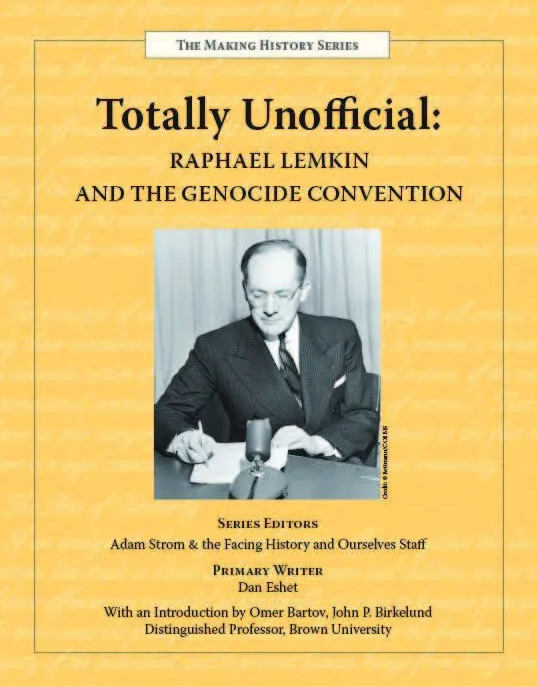
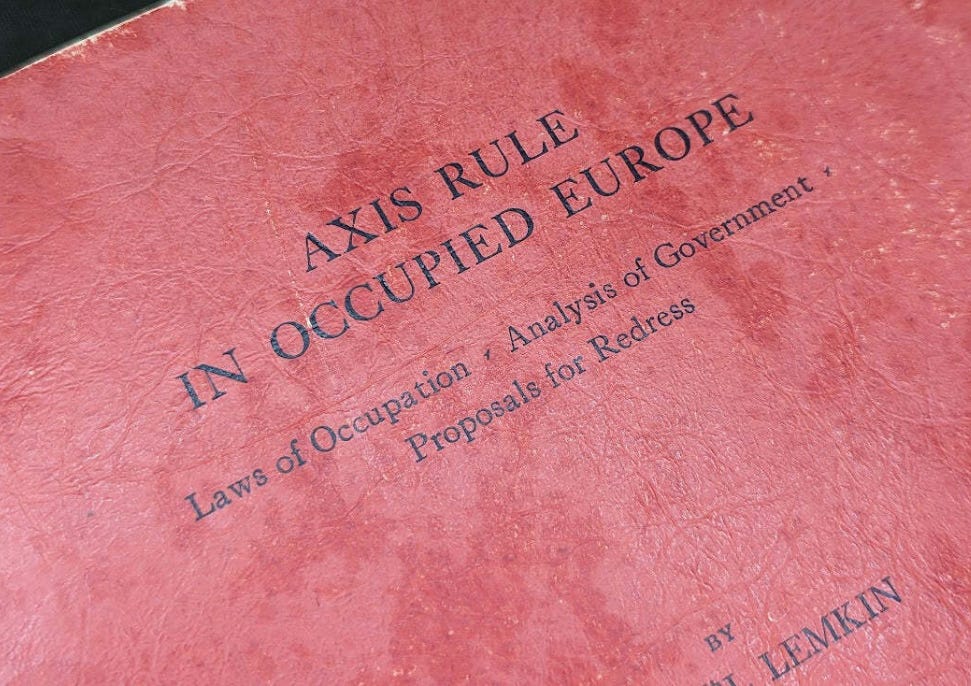












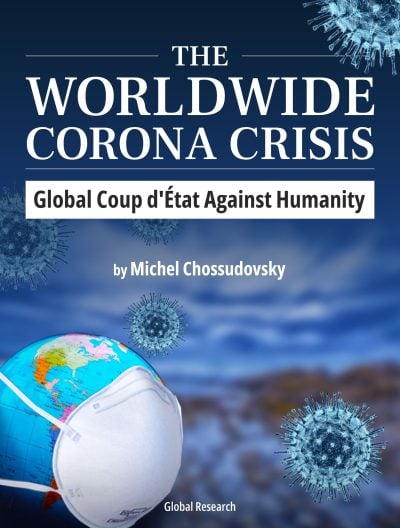 The Worldwide Corona Crisis, Global Coup d’Etat Against Humanity
The Worldwide Corona Crisis, Global Coup d’Etat Against Humanity
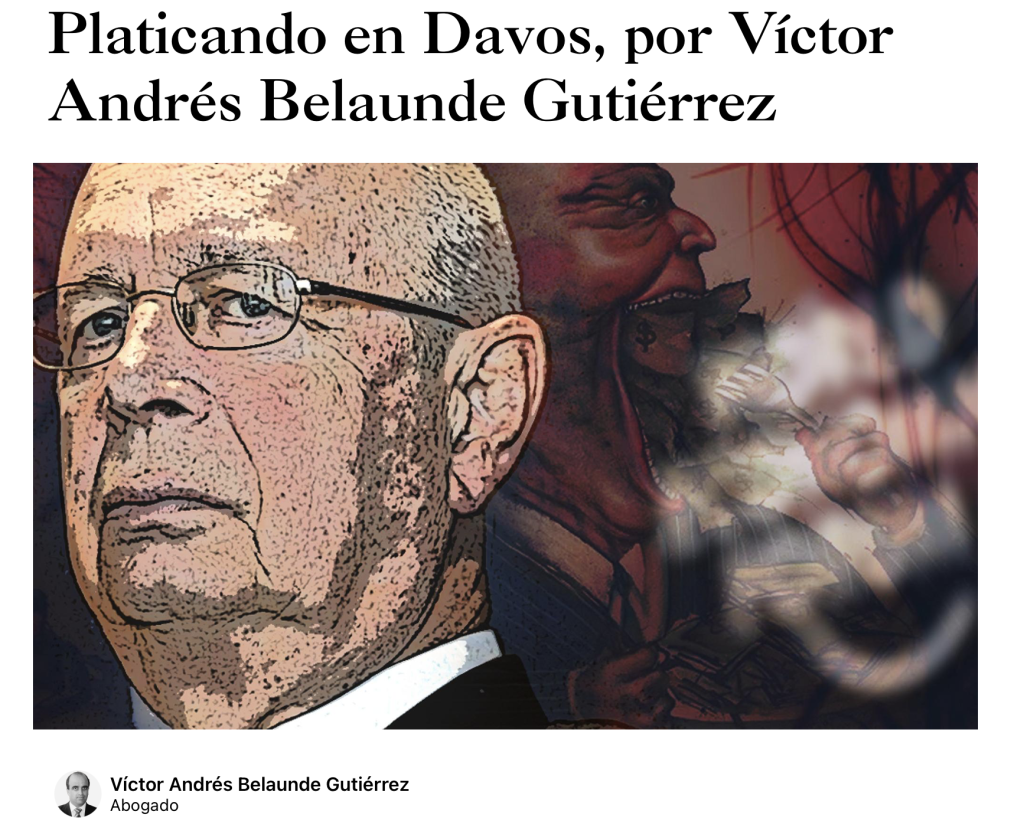








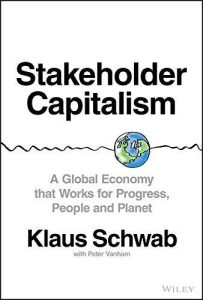
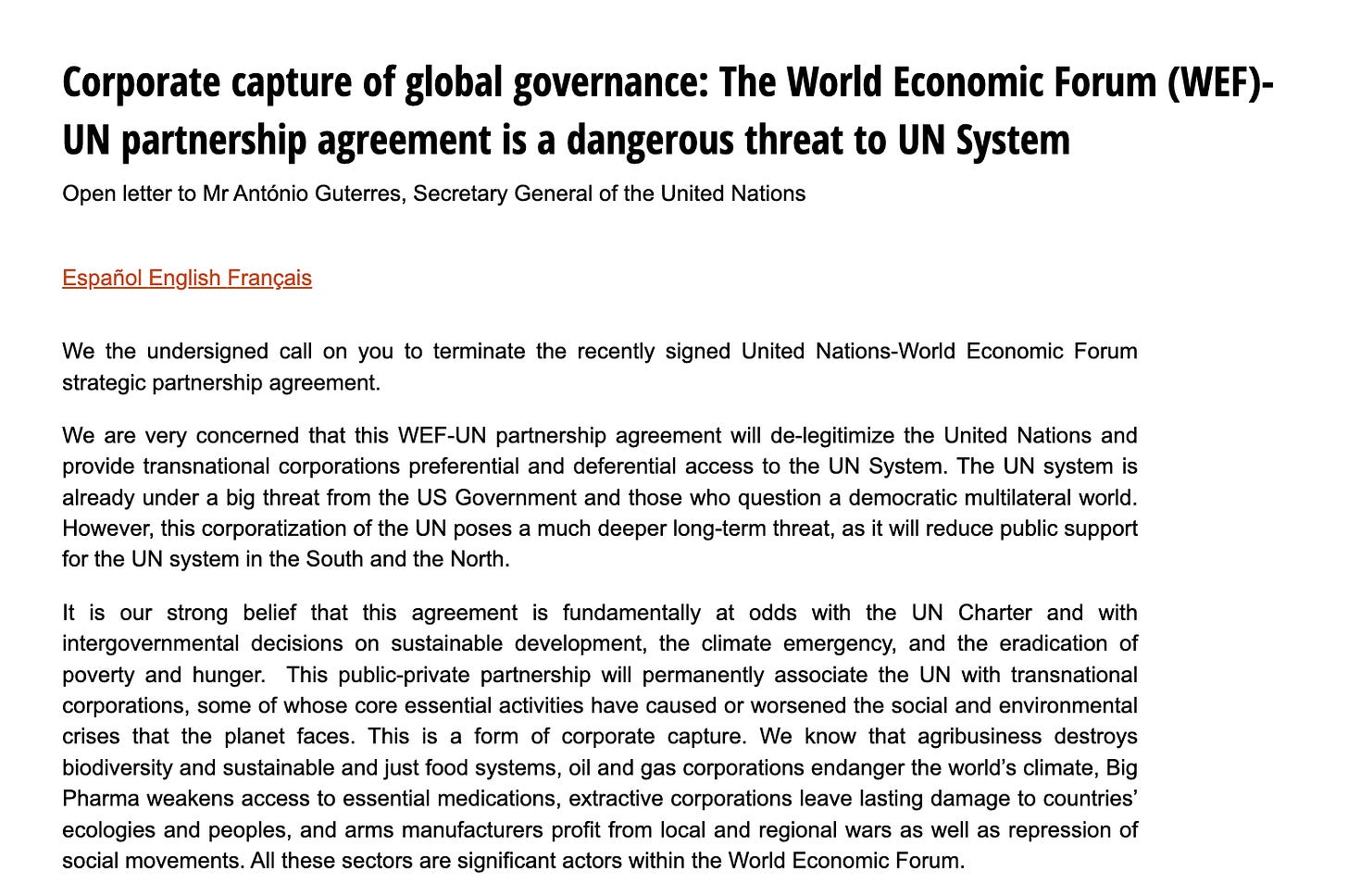
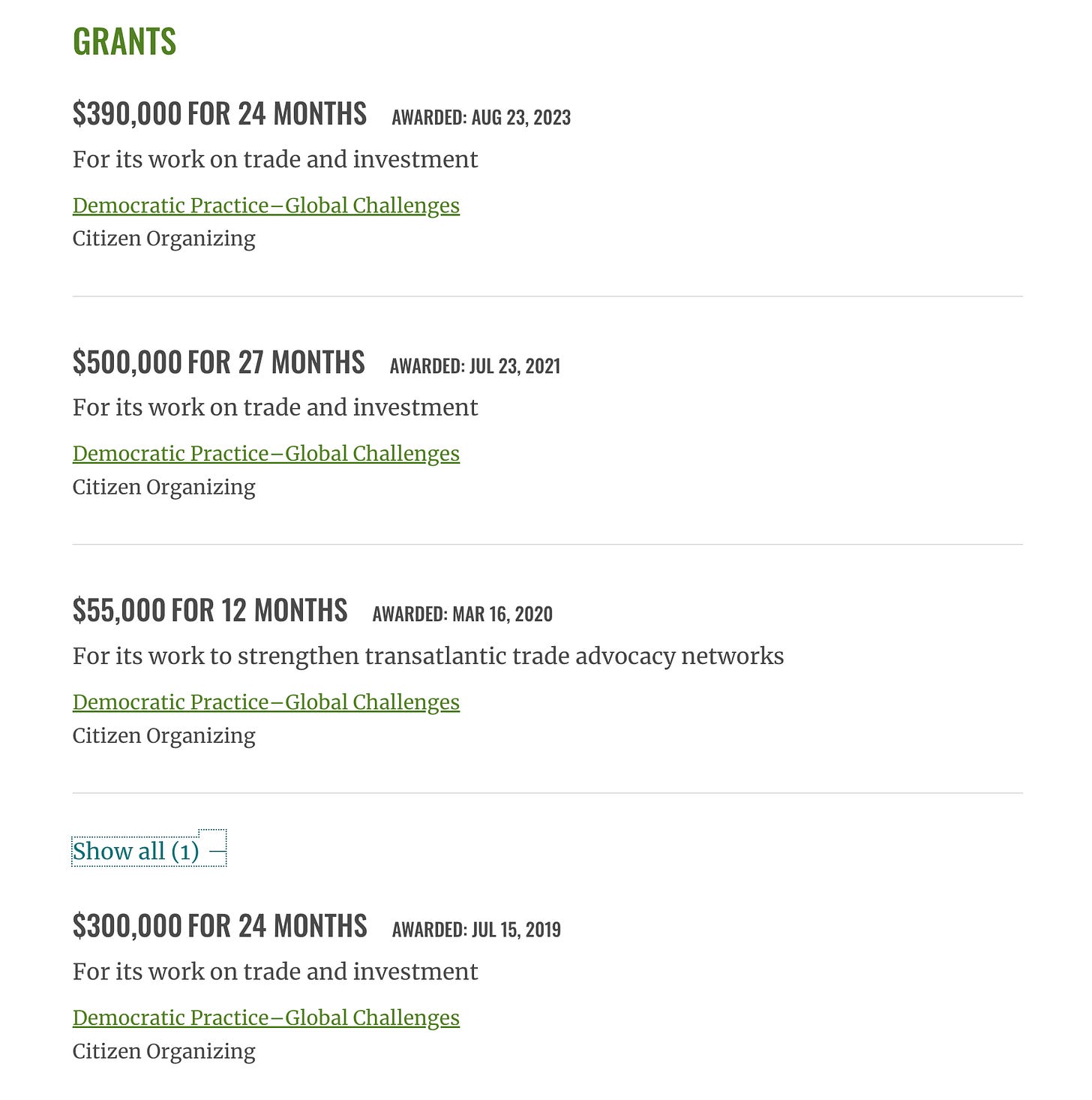
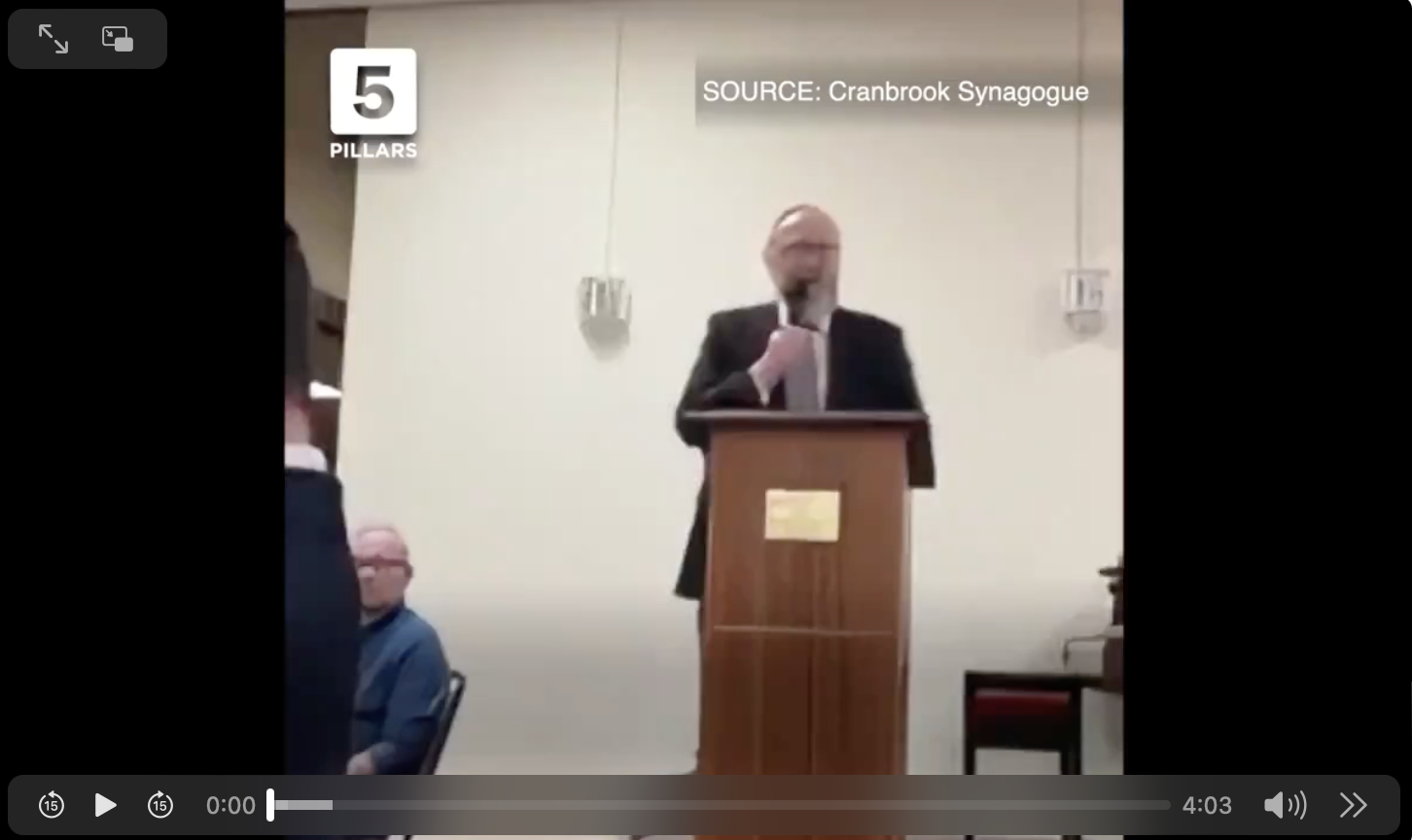


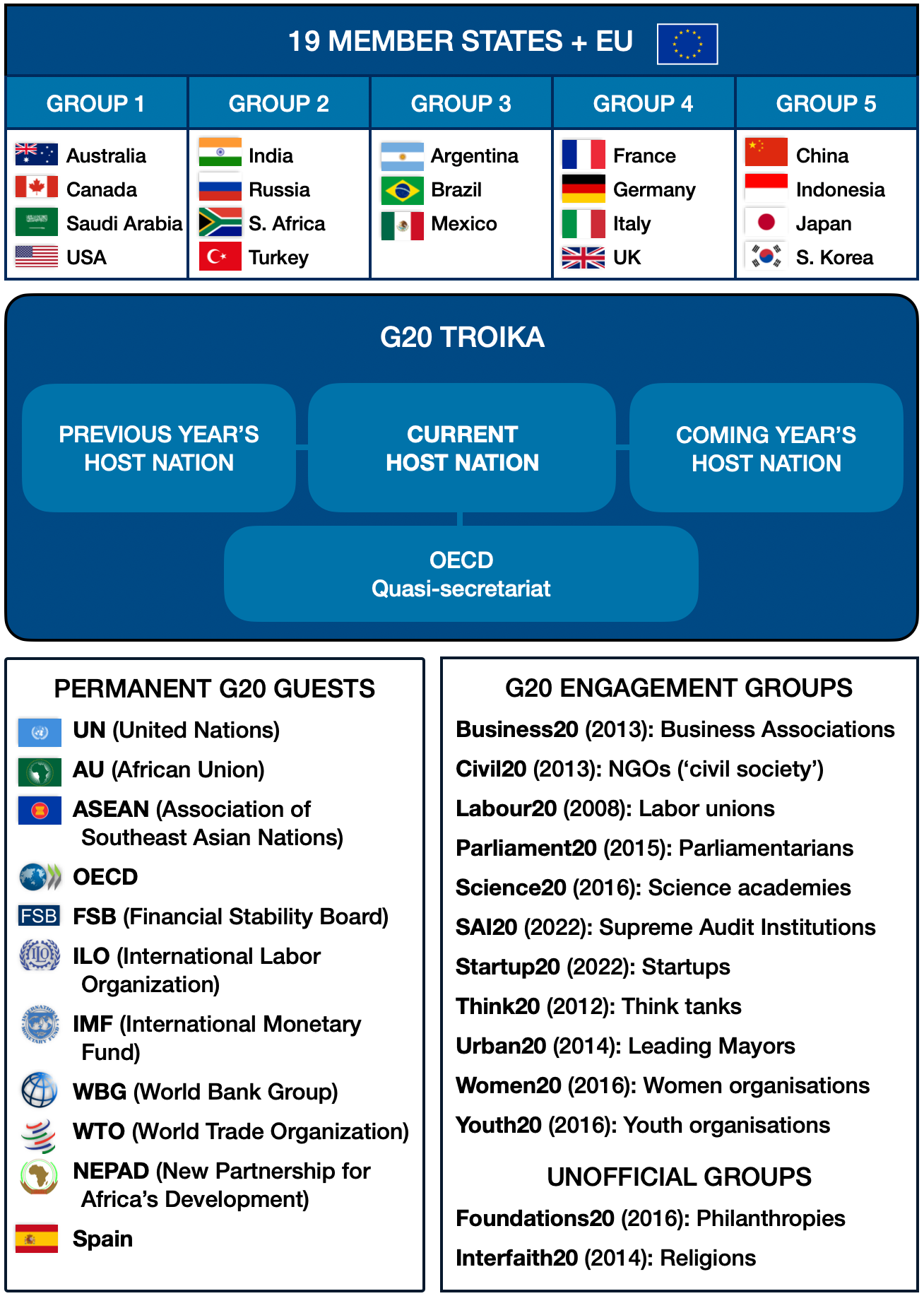

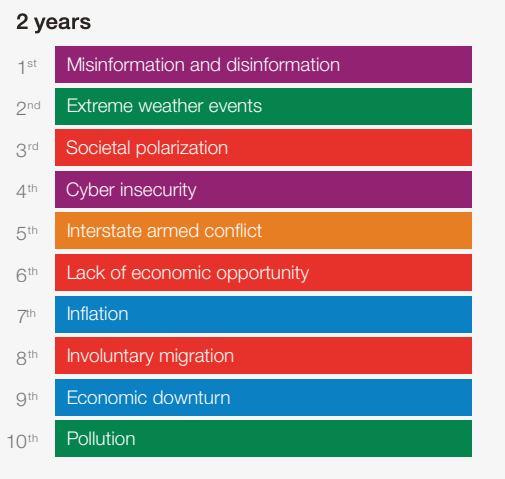
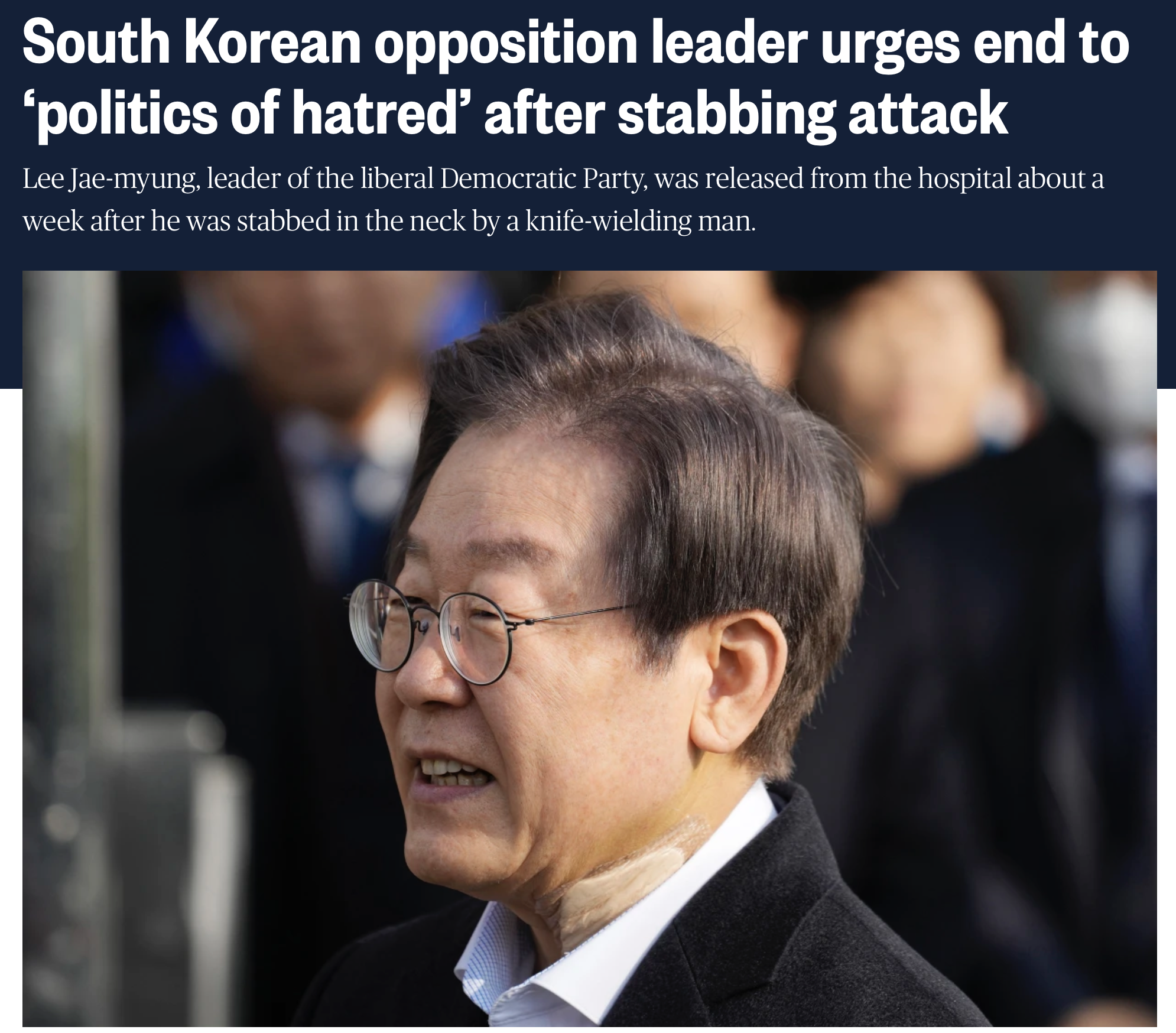
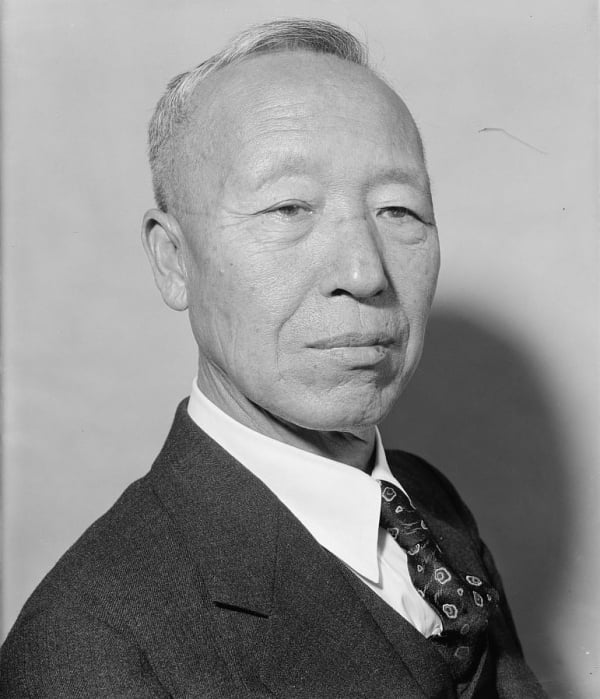





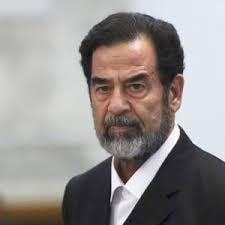

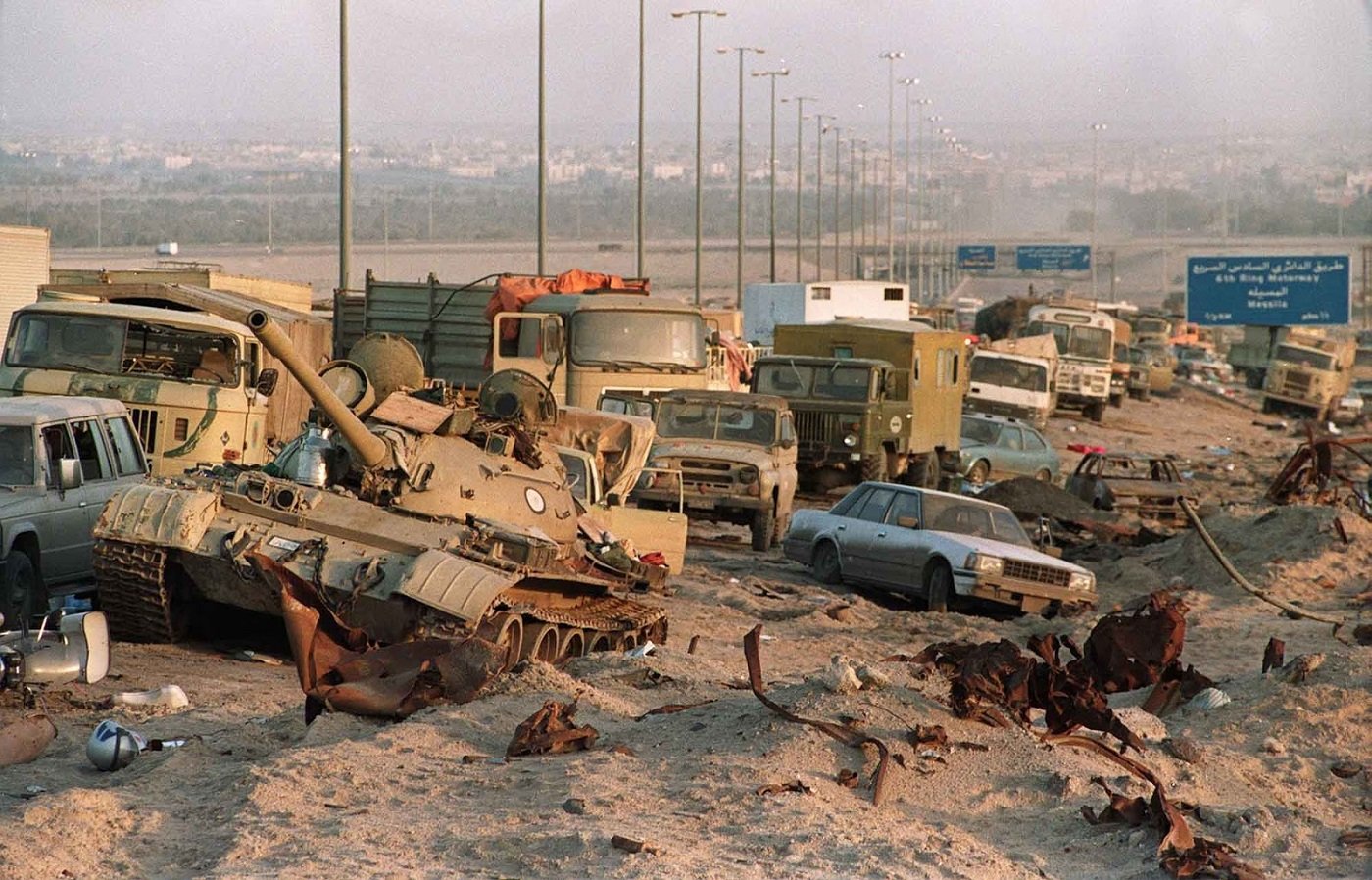
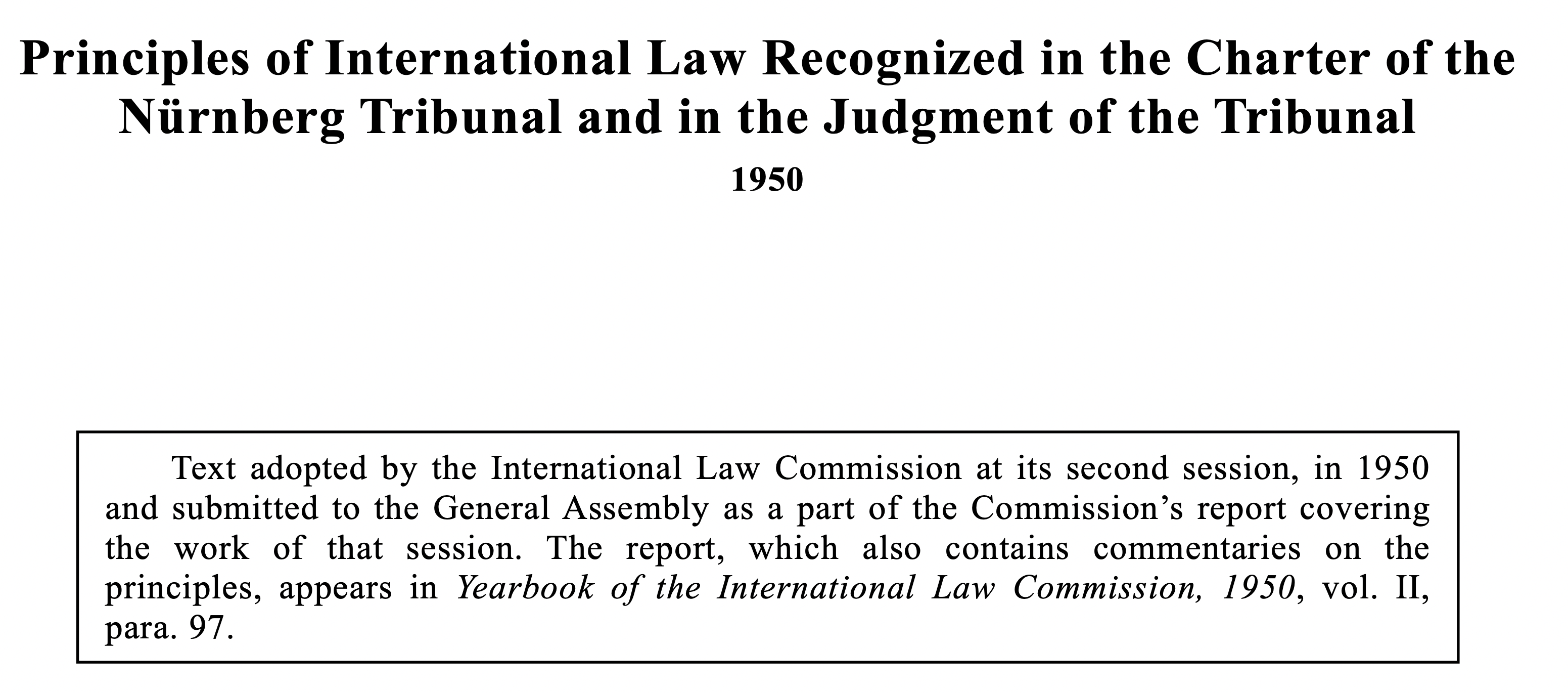
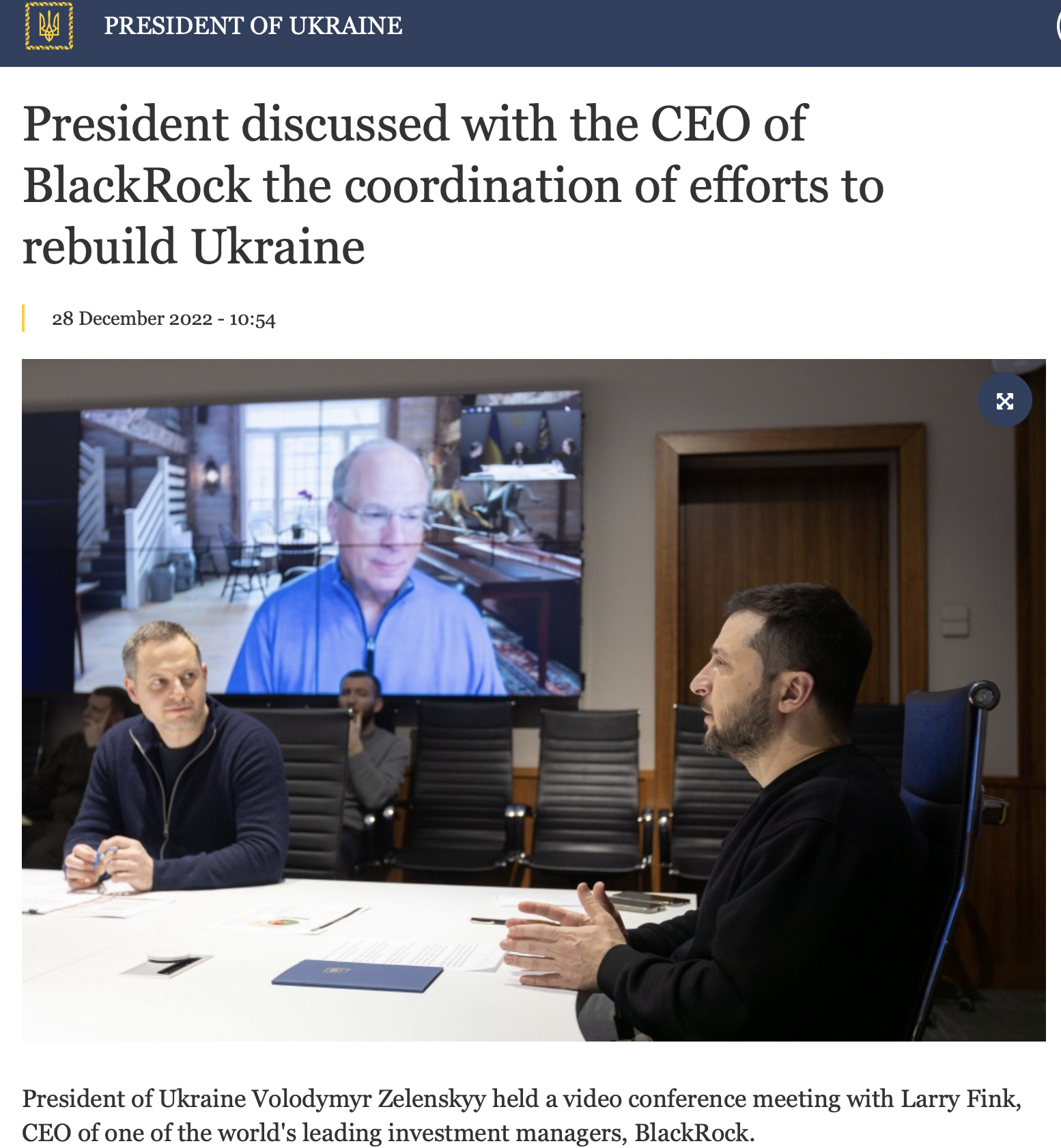

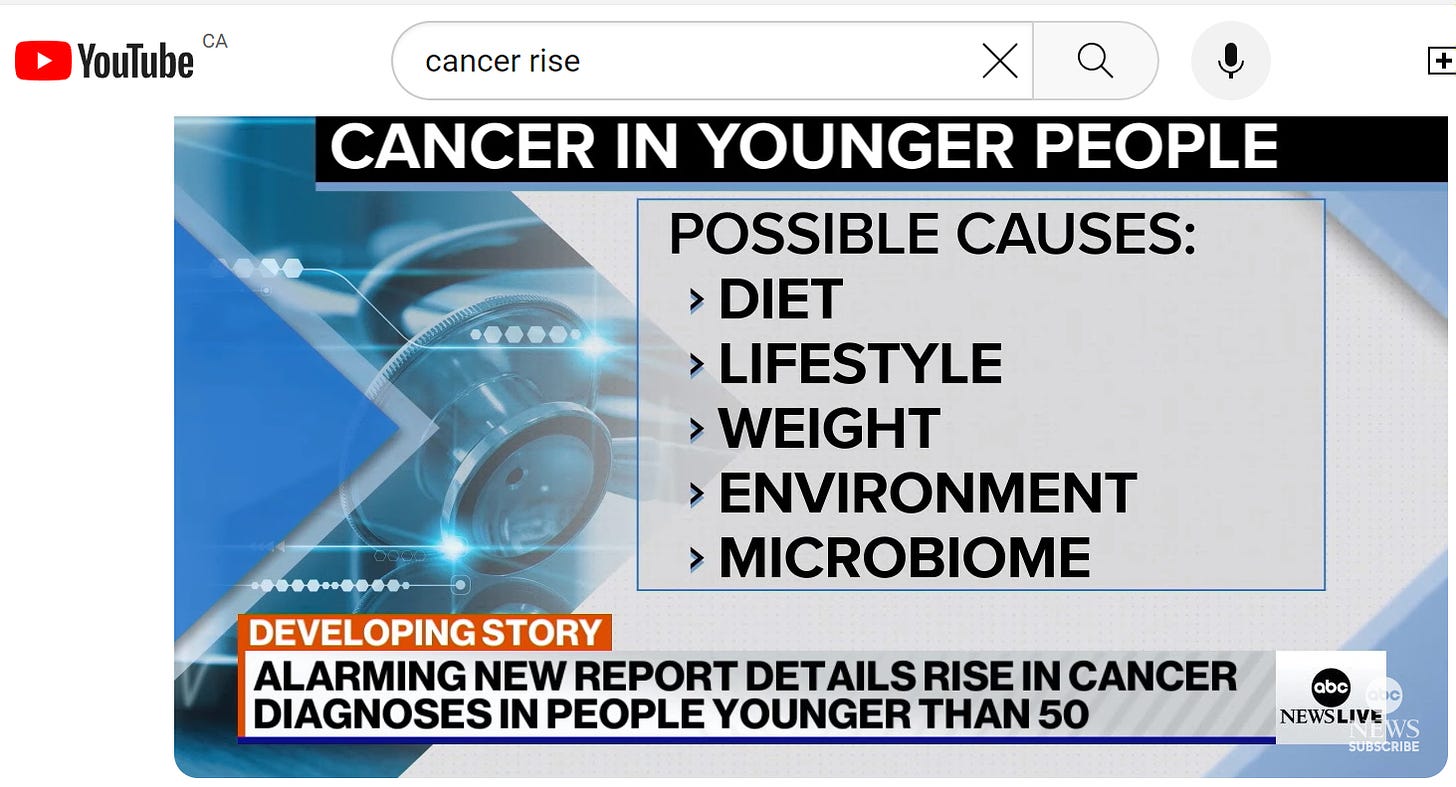
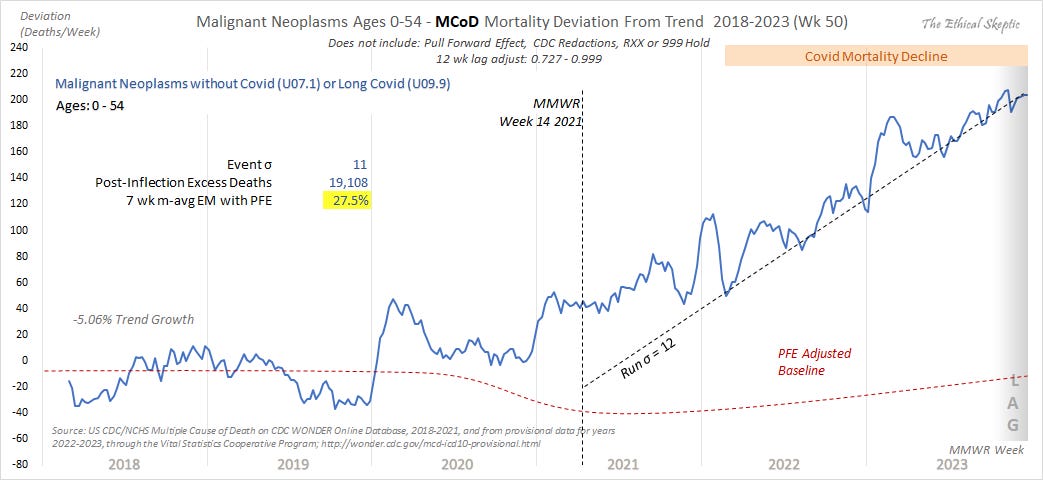
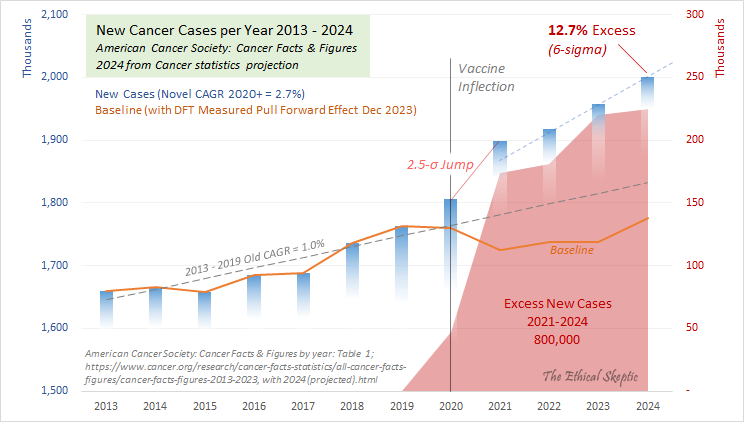
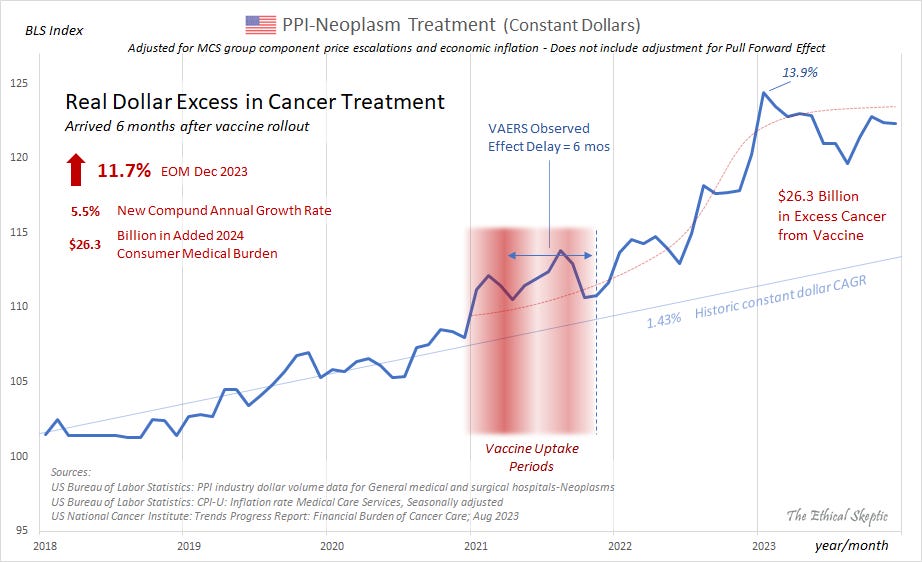
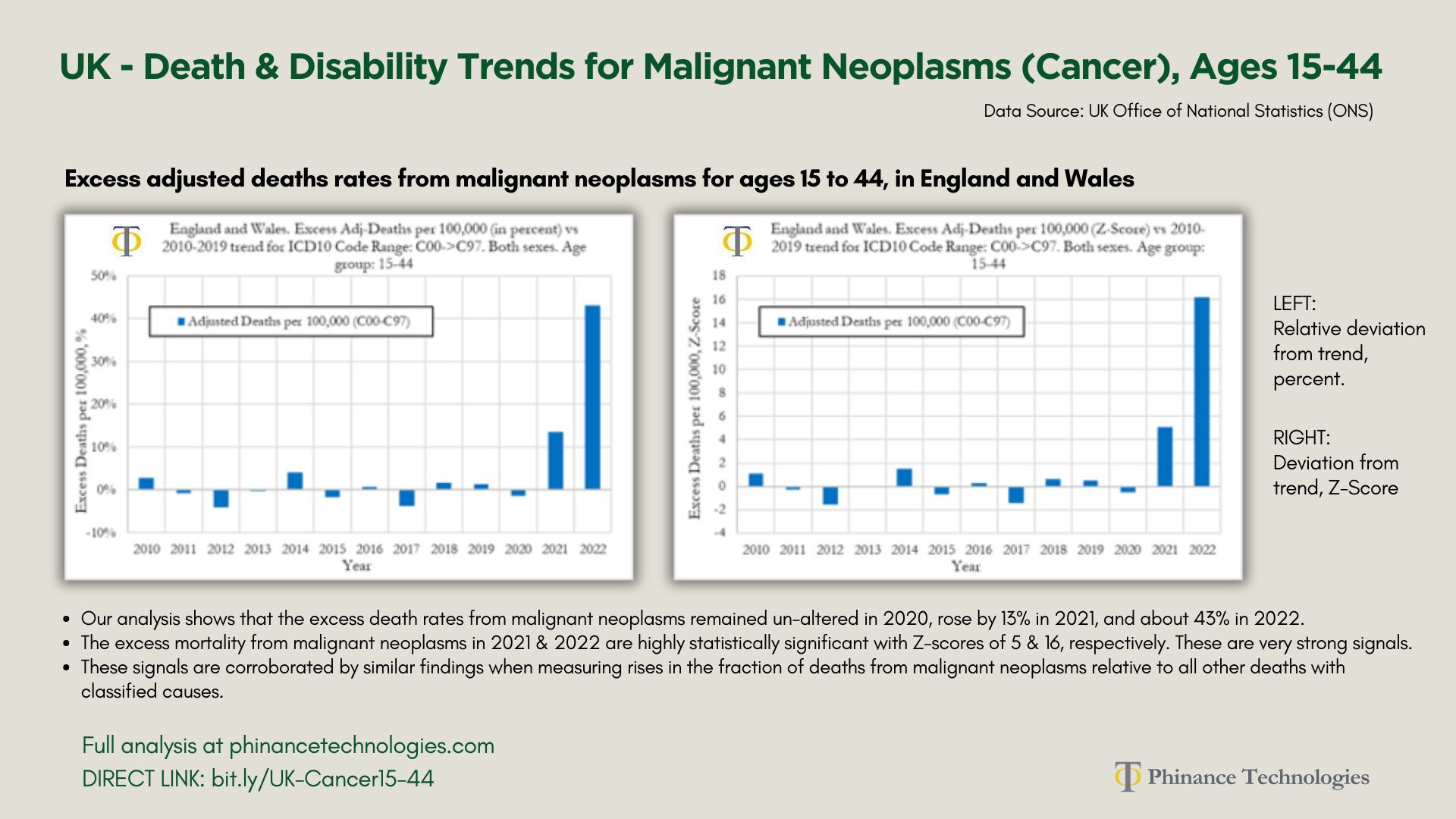
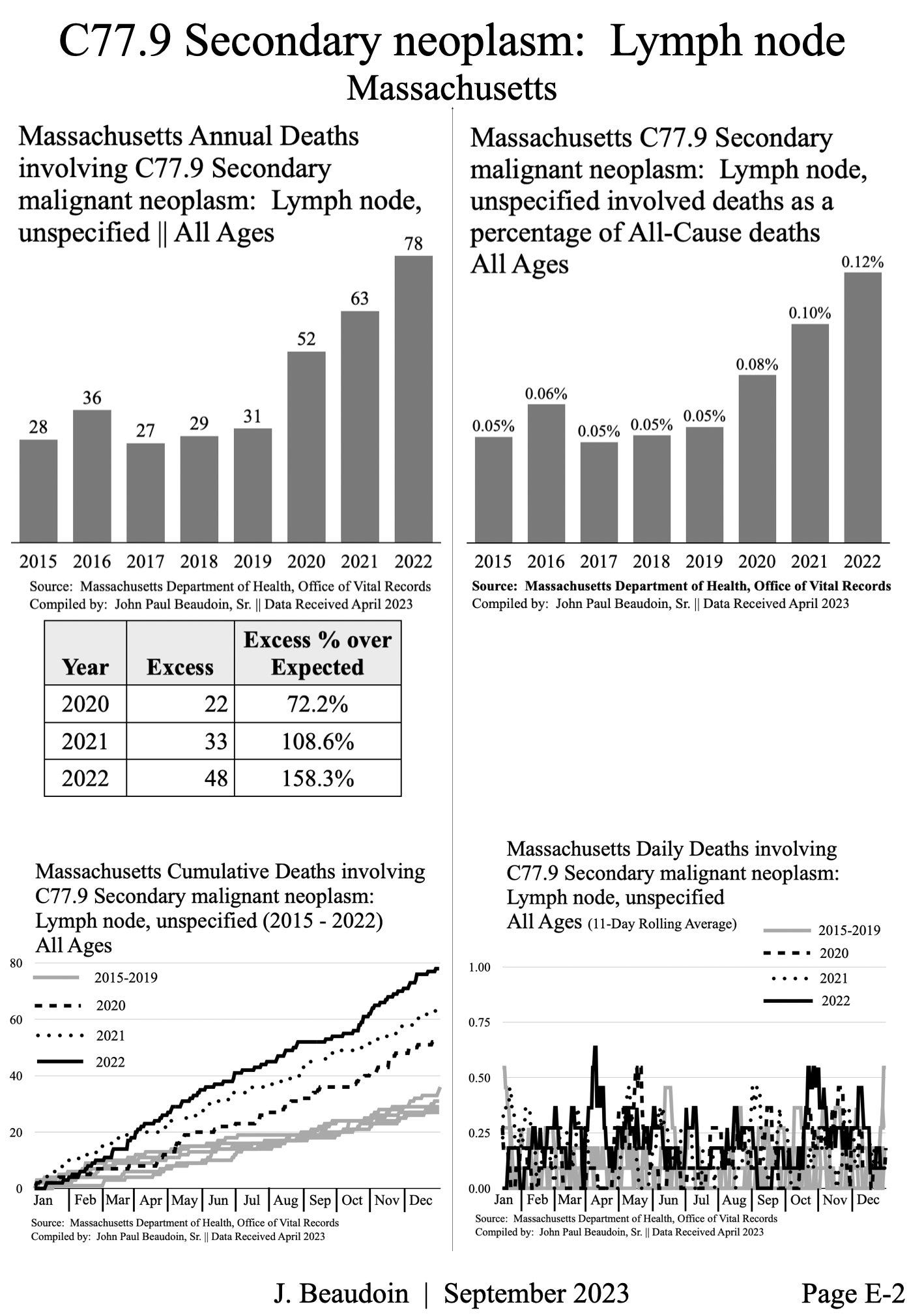
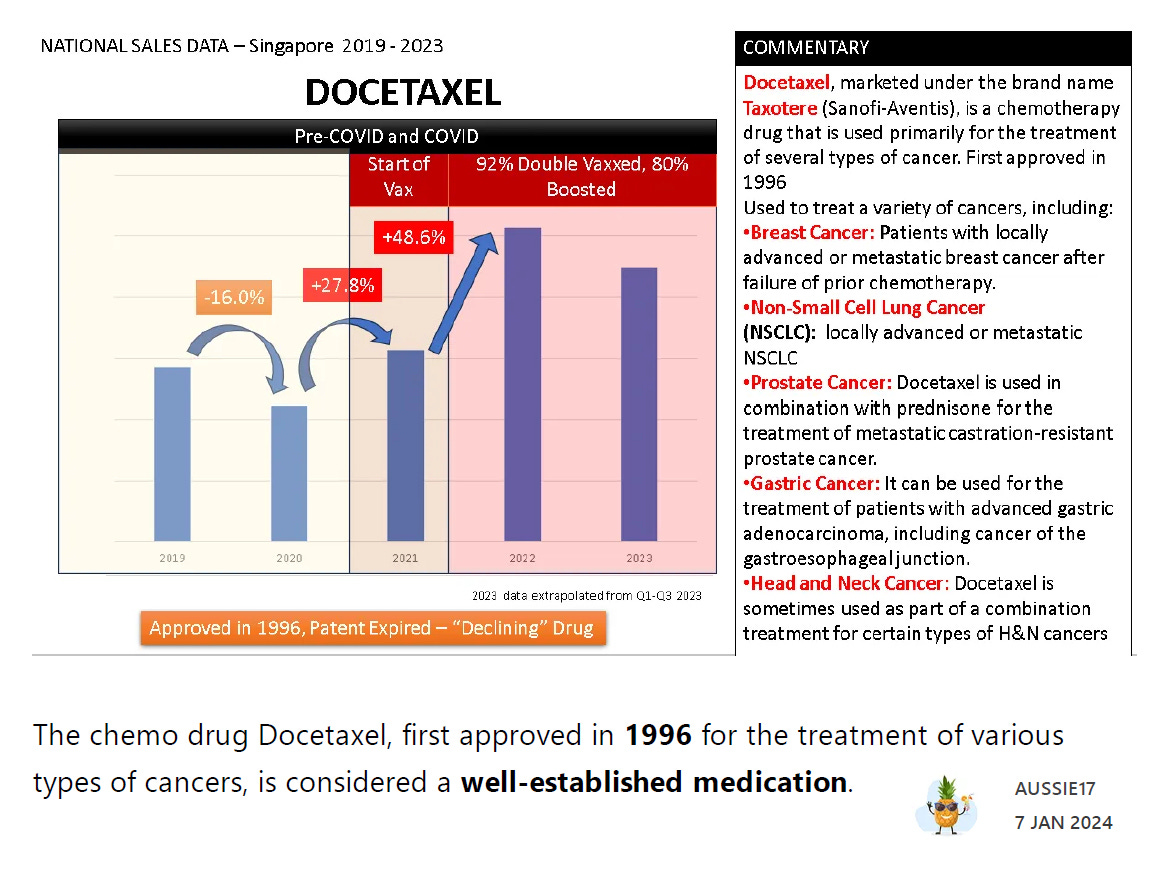
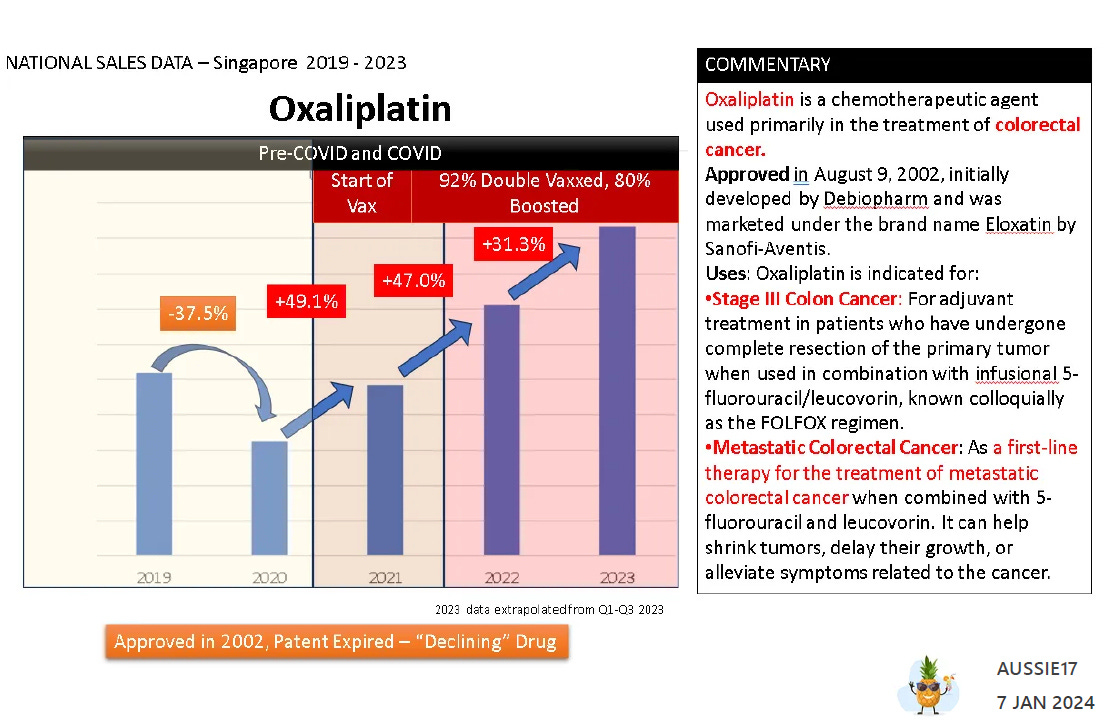
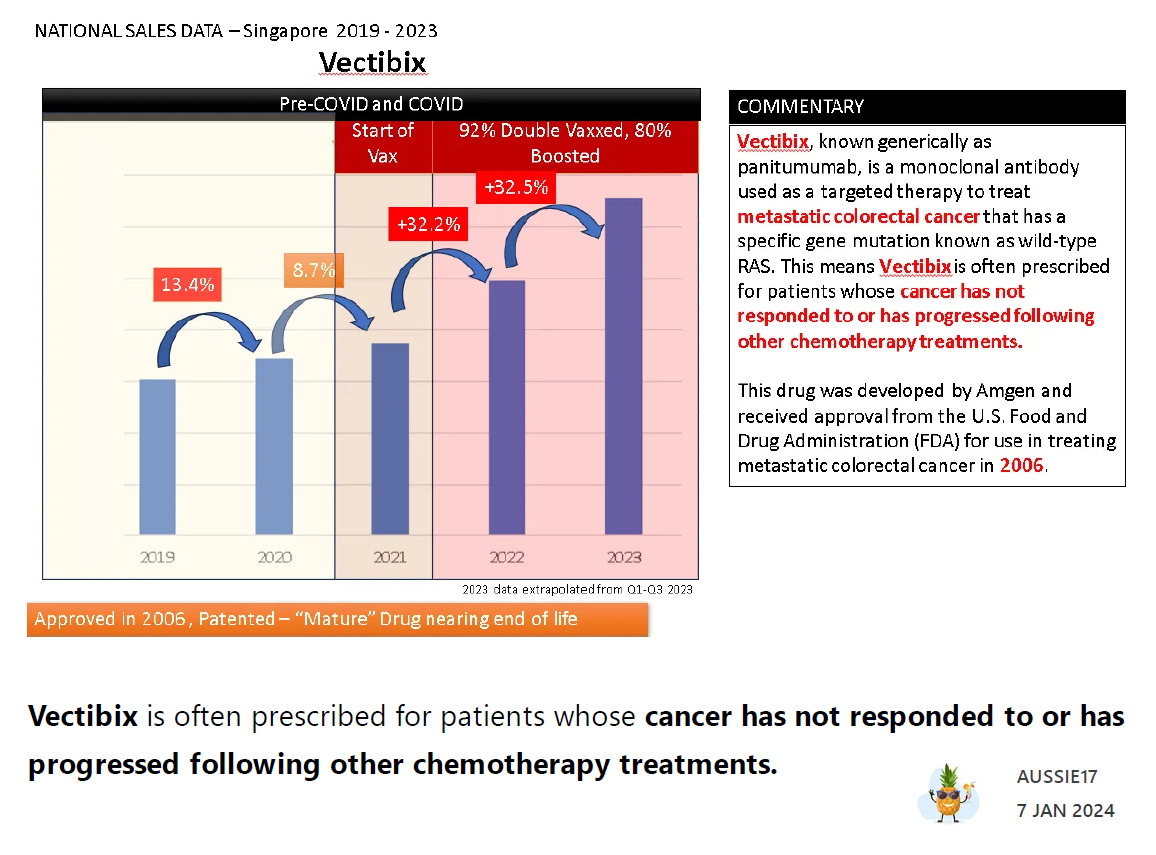
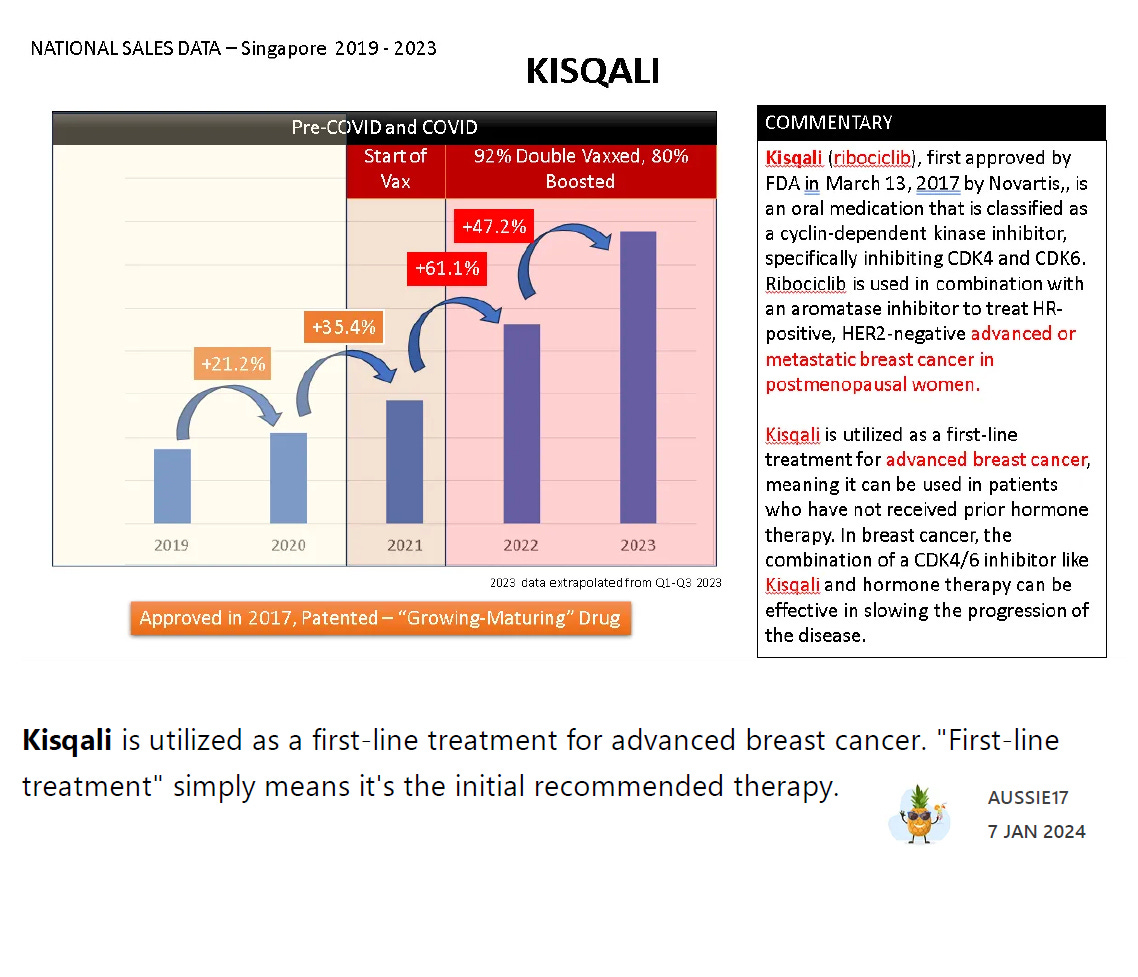
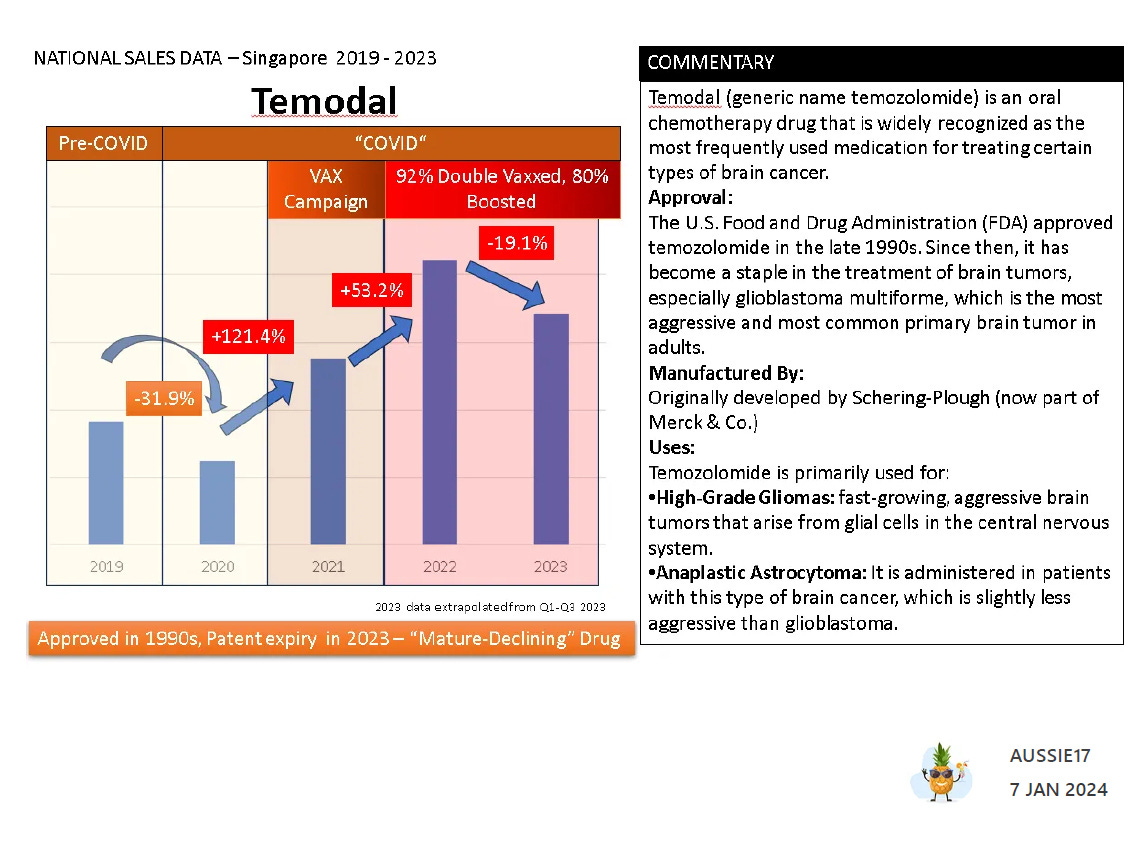
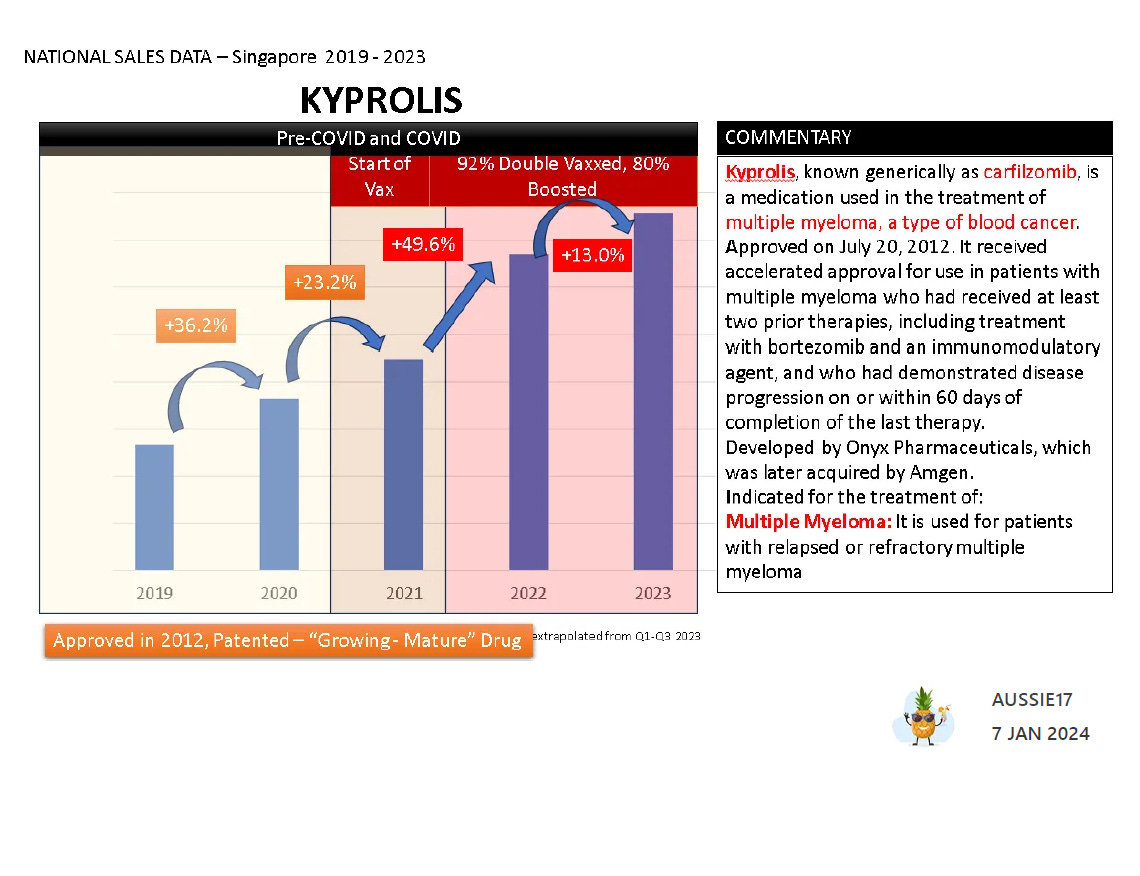
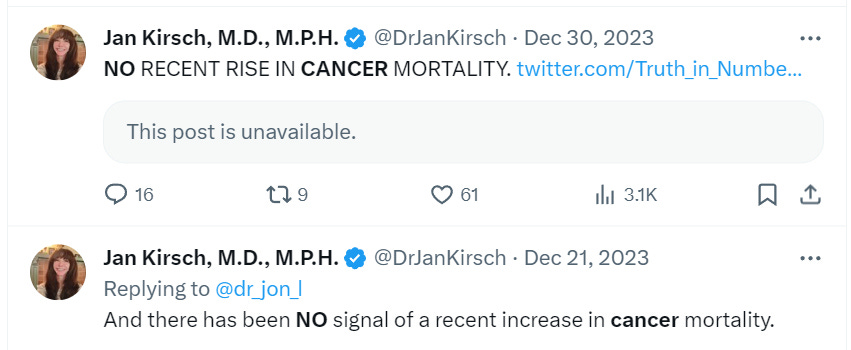

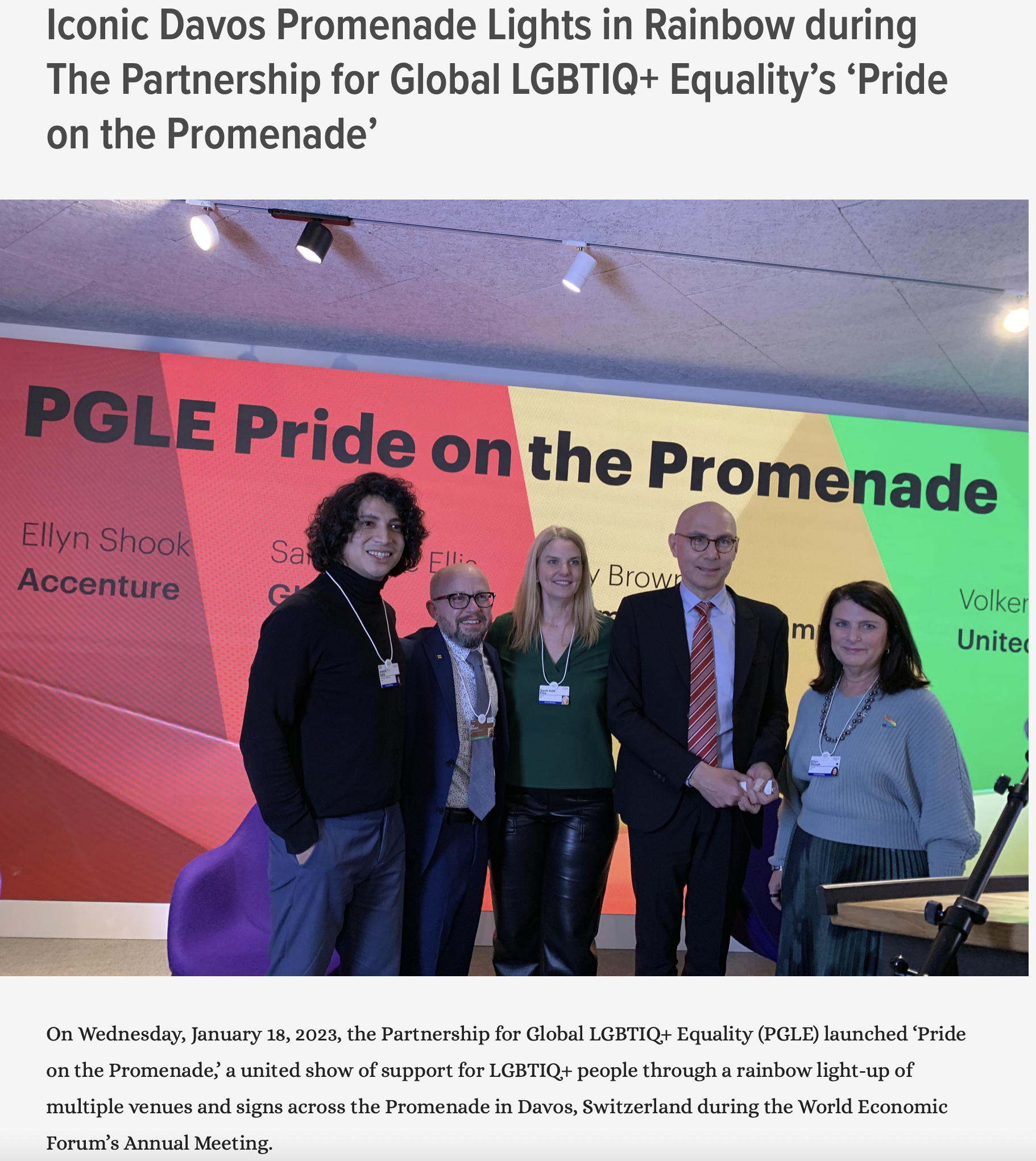

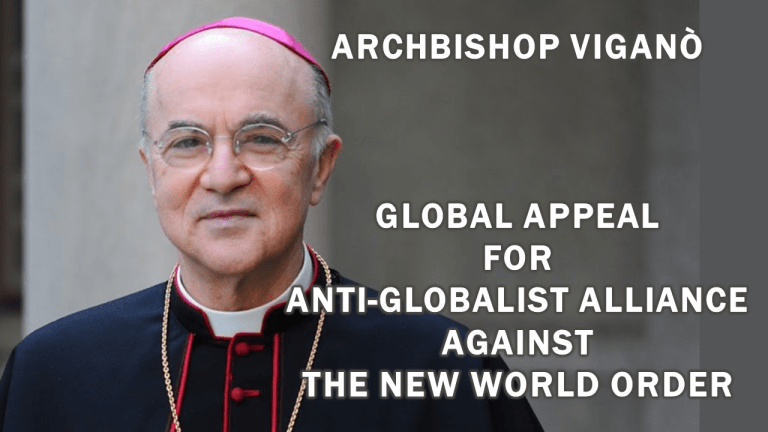
 Rethinking Srebrenica
Rethinking Srebrenica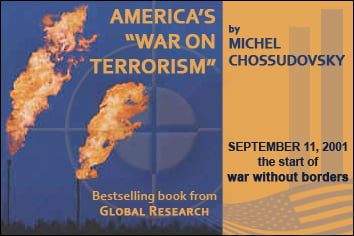

 Evidence Relating to NASA Moon Landings, Unexplained Flaws: What Is Reality? What Is Illusion?
Evidence Relating to NASA Moon Landings, Unexplained Flaws: What Is Reality? What Is Illusion? Expanding Middle East War. Planned US-Israeli Attack on Iran, The War on Energy, Strategic Waterways
Expanding Middle East War. Planned US-Israeli Attack on Iran, The War on Energy, Strategic Waterways Video: Archbishop Carlo Vigano. A False Pandemic and The Imposition of A False Vaccine. A Criminal Plan of World Depopulation
Video: Archbishop Carlo Vigano. A False Pandemic and The Imposition of A False Vaccine. A Criminal Plan of World Depopulation Driving an Electric Car Is Fake Environmentalism – Elon Musk Debunked
Driving an Electric Car Is Fake Environmentalism – Elon Musk Debunked 5G Danger: 13 Reasons 5G Wireless Technology Will Be a Catastrophe for Humanity
5G Danger: 13 Reasons 5G Wireless Technology Will Be a Catastrophe for Humanity The Criminalization of International Justice, Putting an End to the Genocide against the People of Palestine. Nuremberg Principle IV
The Criminalization of International Justice, Putting an End to the Genocide against the People of Palestine. Nuremberg Principle IV Video: Vaccine Data – This Could Change Everything!
Video: Vaccine Data – This Could Change Everything! Video: “Wiping Gaza Off The Map”: Big Money Agenda. Confiscating Palestine’s Maritime Natural Gas Reserves
Video: “Wiping Gaza Off The Map”: Big Money Agenda. Confiscating Palestine’s Maritime Natural Gas Reserves Genocide Will Not Save Israel. Will the ICJ Save Gaza? Paul Larudee
Genocide Will Not Save Israel. Will the ICJ Save Gaza? Paul Larudee Video: “Shot Dead”. The Movie They Don’t Want You to See. “Covid Shot Deaths Told by Parents who Lost their Children”
Video: “Shot Dead”. The Movie They Don’t Want You to See. “Covid Shot Deaths Told by Parents who Lost their Children” US Escalates Two-front War on Serbia
US Escalates Two-front War on Serbia War Propaganda Intensifies as US Mainstream Media Calls for War on Iran to Stop the “Axis of Resistance”
War Propaganda Intensifies as US Mainstream Media Calls for War on Iran to Stop the “Axis of Resistance” Johnson & Johnson to Acquire $2 Billion Drug Developer “Ambrx Biopharma” to Treat Turbo Cancers with Same Tech as Pfizer’s $43 Billion Seagen Acquisition
Johnson & Johnson to Acquire $2 Billion Drug Developer “Ambrx Biopharma” to Treat Turbo Cancers with Same Tech as Pfizer’s $43 Billion Seagen Acquisition What’s the Magic Number of Vaccines Needed for COVID?
What’s the Magic Number of Vaccines Needed for COVID? Video: The World Should be Ashamed. Genocide and the Criminalization of International Justice
Video: The World Should be Ashamed. Genocide and the Criminalization of International Justice RFK Jr.’s ‘Unconditional’ Support for Israel Is Costing His Campaign for President
RFK Jr.’s ‘Unconditional’ Support for Israel Is Costing His Campaign for President “Toxic by Design”: Researcher Explains How Big Pharma Vax Operation Shows Intent to Harm
“Toxic by Design”: Researcher Explains How Big Pharma Vax Operation Shows Intent to Harm On the Need to Study “Zionist Power” as Integral to the Globalist Push for “Centralized Control of Everything”
On the Need to Study “Zionist Power” as Integral to the Globalist Push for “Centralized Control of Everything”





























